There are times when you can’t wait to meet someone, and then, once you do – after having the chance to have a long conversation – you realize that everything is even better than you had imagined. These moments exist, but they’re not that frequent. Sometimes people surprise you, sometimes they disappoint you, and other times they bring out parts of yourself you didn’t even know were there. The connections that intertwine can be so many, and they are always connections – even when they are missed ones.
And there are times, in this job, when you can’t wait to meet someone: an actor, an artist, a director, or a writer. You want to get a glimpse of their emotions within their art, and sometimes, you want to lose yourself a little, to let go. That’s what I always hope will happen, but just like in life, as it should be, it doesn’t always work out that way.
But this time with Rosalind Eleazar was one of those rare moments when an hour flies by, when the conversation isn’t just about the roles she plays or her projects (even though hers are hard to forget – just think of “Slow Horses”). Instead, we talked about life, solitude, the need to recharge, the desire to be swept away by a little authenticity, about empathy, about feeling free – that kind of freedom that is intoxicating, rare to find, and beautiful to witness.
With Rosalind, we talked not only about “Slow Horses” (she just finished filming the sixth season) but also about her latest leading role in the Netflix series “Missing You”, and about how essential it is to suspend judgment in order to do your job well – and sometimes, how important it is not to take yourself too seriously.
And to enjoy a good pasta with tomato sauce.
What’s your first cinema memory? Was there a moment where you fell in love with cinema and tv?
I didn’t have a love for cinema or TV – I had an interest in human beings. I was quite a shy and quiet child, I’d spend a lot of time watching people and why they did what they did, their body movements and what it said about them, the words that they were using. I think that’s the reason why I got into acting – I thought that I could potentially be equally as happy as a psychologist, for example. Now, obviously, I love film and TV, but I probably love documentaries more.
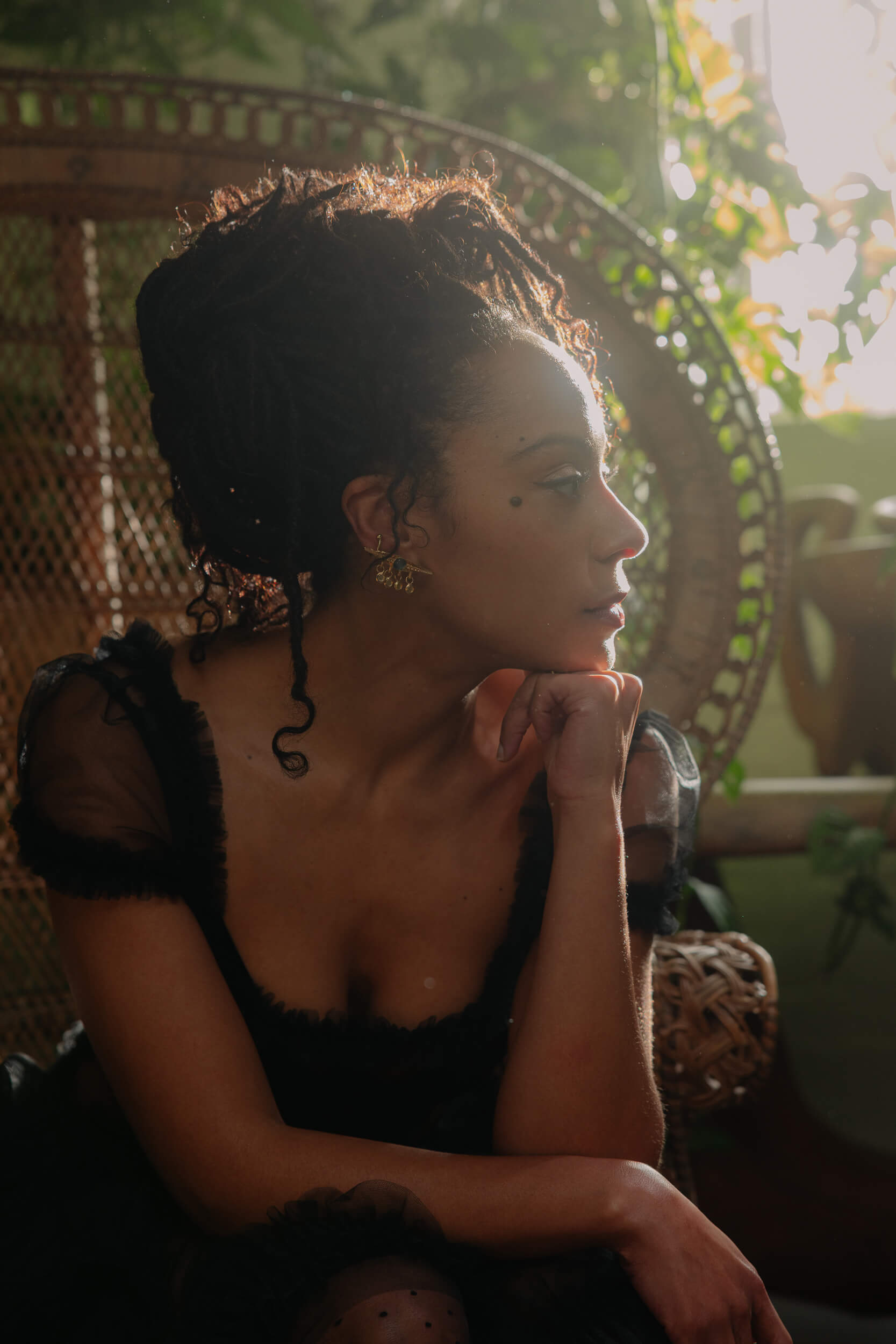
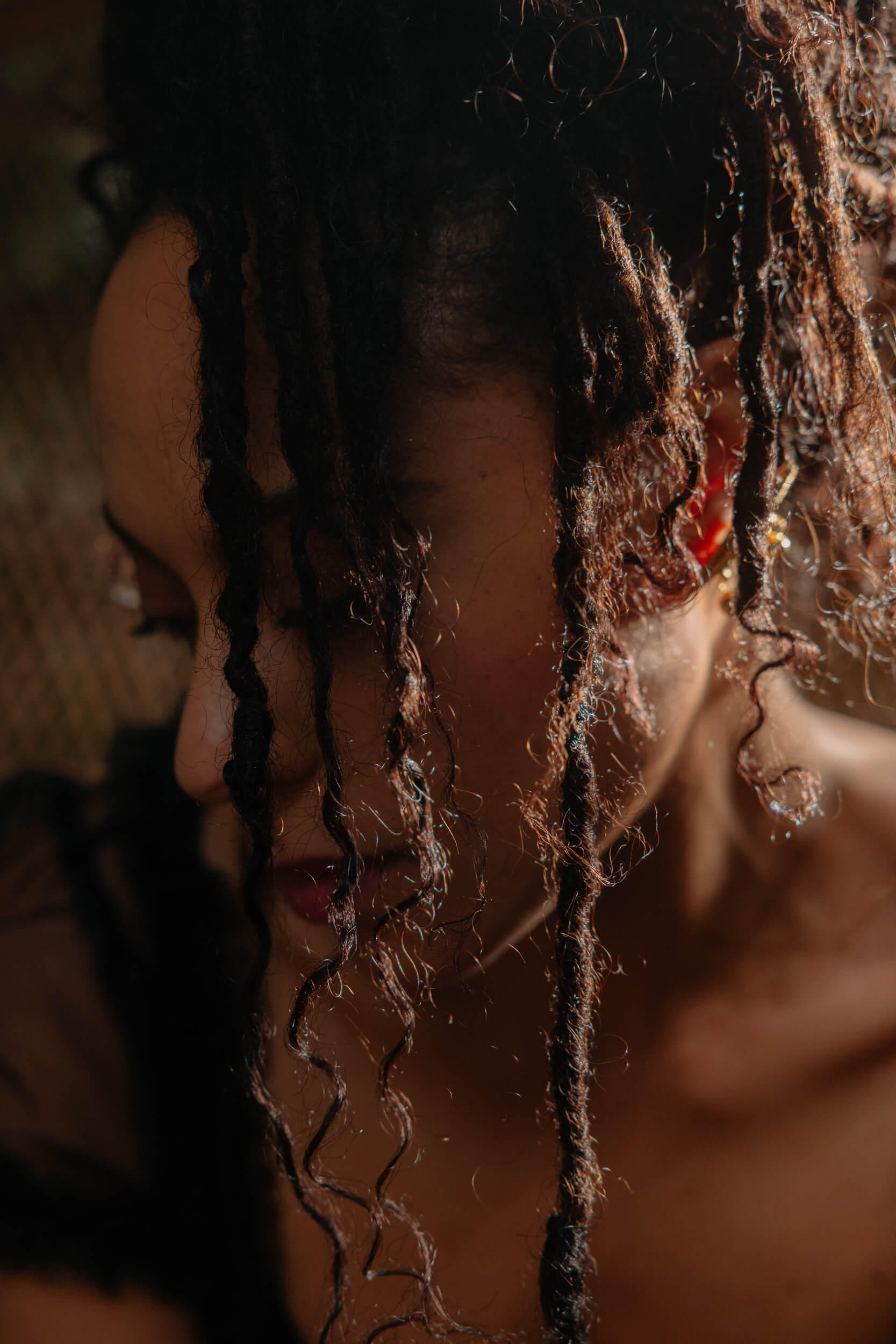
You, as an actor, must feel empathy, I think, because you need to step in the shoes of someone else without judging them. That’s hard, isn’t it?
For me, that’s the most important thing.
I’ve played a lot of characters in my life that you wouldn’t immediately like. They’re very tough, or they’ve done a lot of bad things in their life, and the most important thing for an actor is not to judge them. You don’t play someone that you read as “evil” as evil; you have to take time to understand why they’ve got to a place that they are the way that they are. That’s what makes performances interesting. A silly example: if your character’s a bitch, you can’t just play someone that’s a bitch, you need to wonder why this woman is going out into the world with a punch, why she’s taking people down, why she’s not happy. I love this because it’s endless – in any script, you don’t get massive backstories of the character, so you create a lot, unless it’s come from a book, but even then, your imagination is so alive, and it makes you question your own life and your own problems. There have been so many times that the characters have taught me about myself and things that I do as Rosalind, and have made me question, “I do that – why do I do that?”.
It’s like therapy.
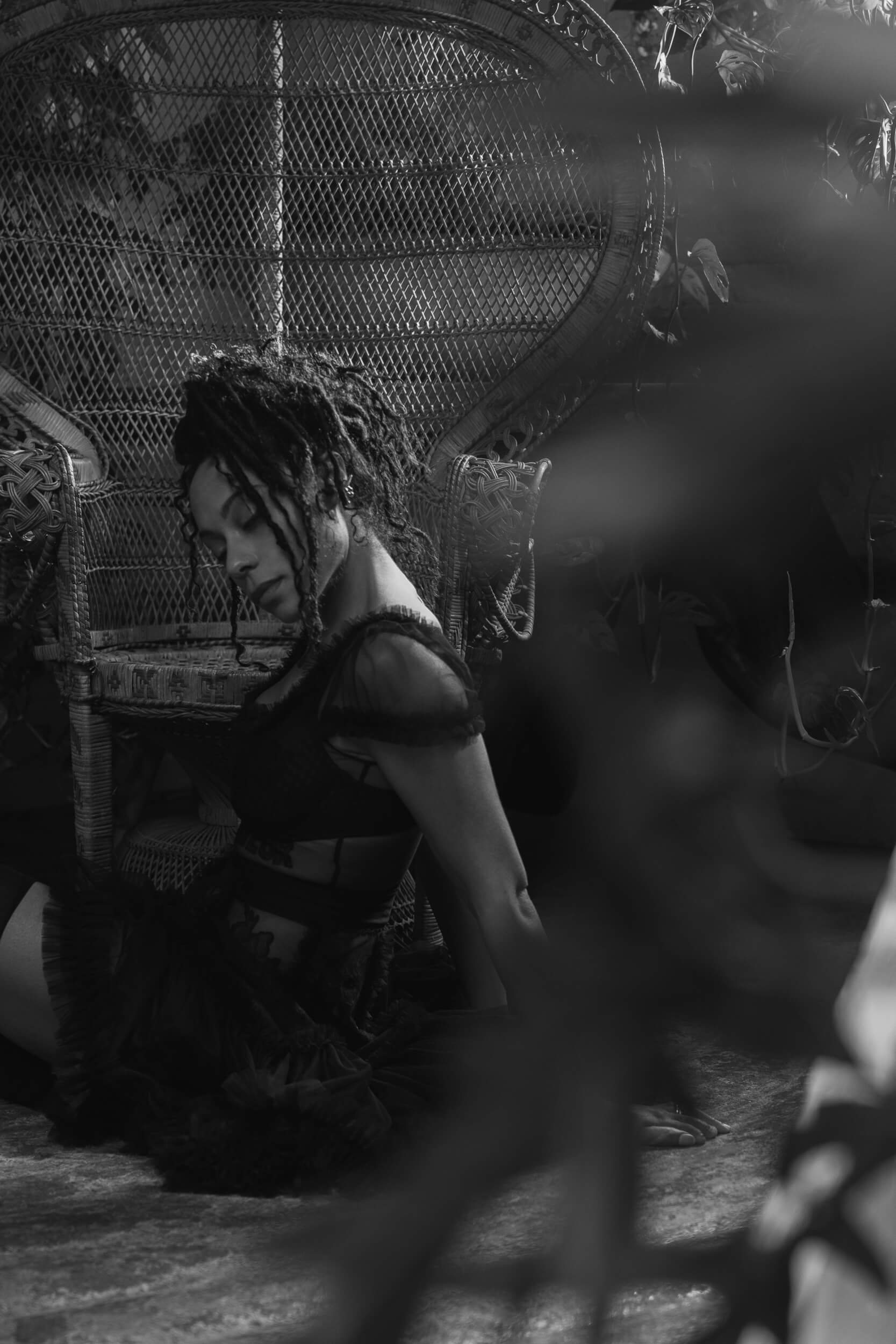
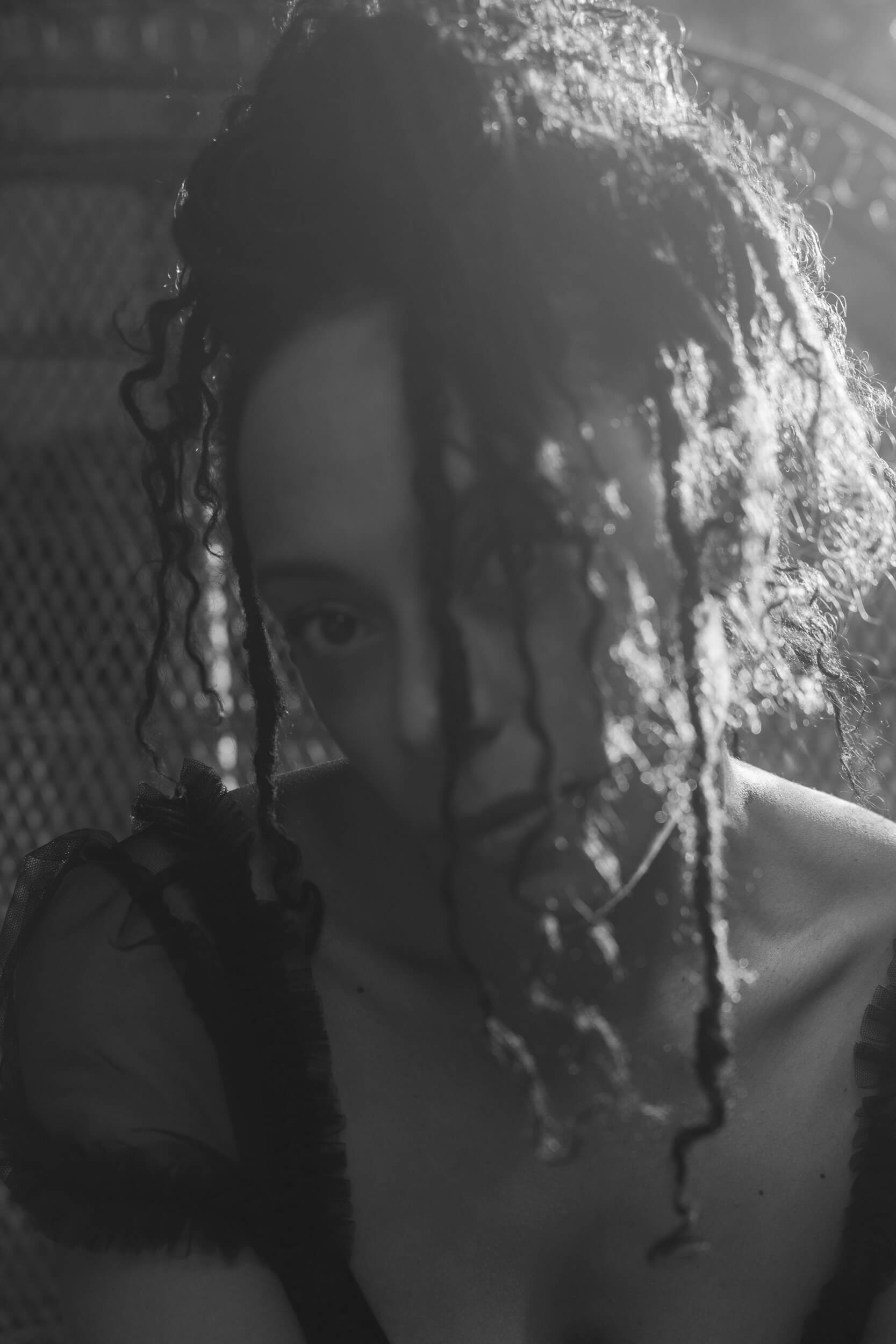
Yeah, I feel you, for me movies and TV series are so important, watching them is like a cathartic moment, and I can’t even begin to imagine how much of a catharsis they must be for you, putting yourself, your emotions and your body in them.
Yeah, it’s so rewarding, sometimes you feel completely lost because it’s not even just during the day, the work that you’re doing – at nighttime you start dreaming of it, or you’d be buying something in the grocery store and this new person is just there all the time and you can’t let it go. It’s great.
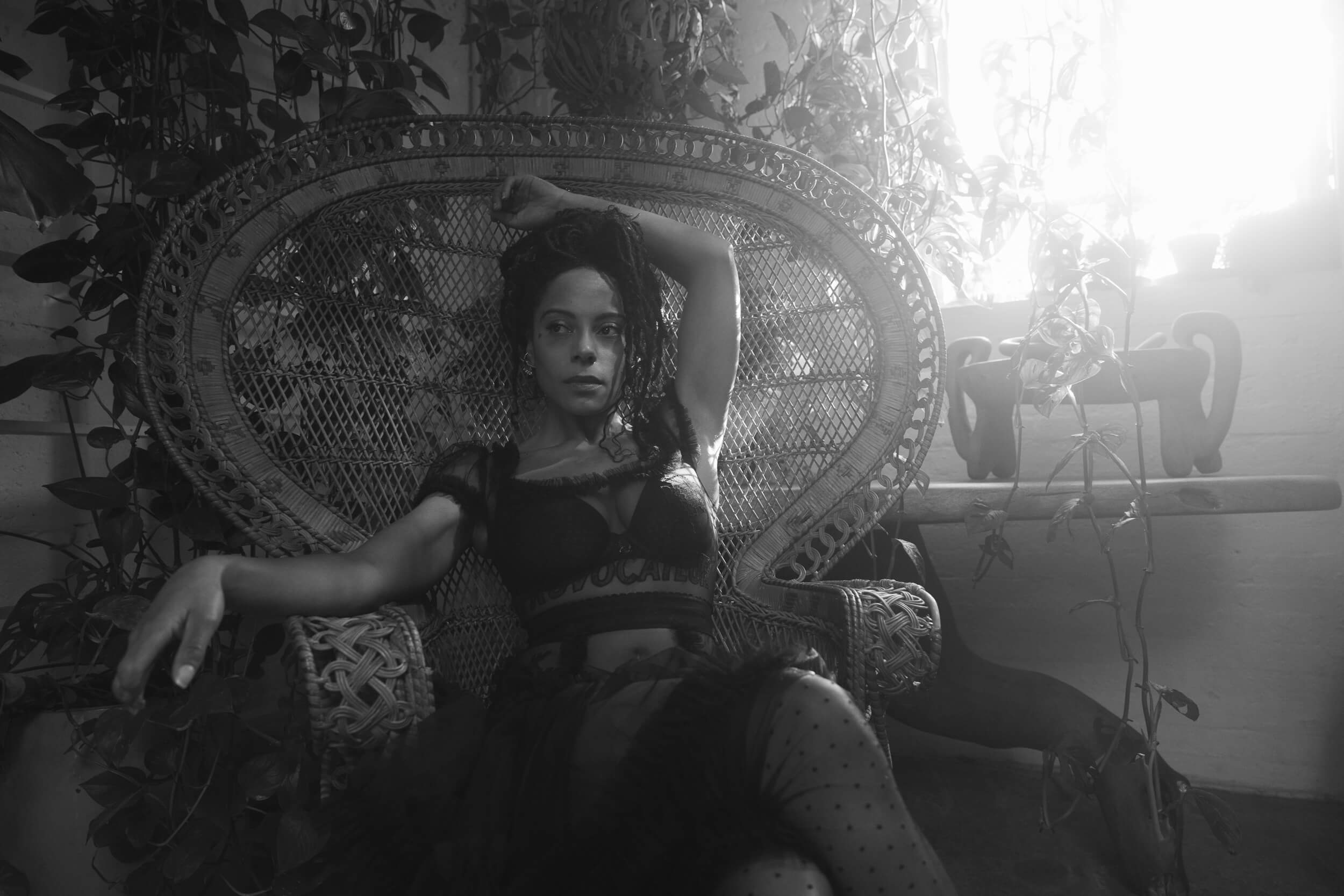
And what was the latest thing you discovered about yourself thanks to your job?
That’s a good question. I’ve played some characters that are incredibly free in their being: they say what’s on their mind, not necessarily in a bad way. I’ve played tender and sweet characters that are so present in their space, and they don’t think too much about the meaning behind things.
I think I realized that I’m not a free person – I can be free in my acting, but I’m not free as Rosalind. I sometimes think that I’m on a search of what it feels like to be completely free in your body, and free to speak your own truth without worrying what everyone else is going to think of it. Most of the characters I’ve played have given me this sense of freedom and it’s a space that makes me feel incredibly alive. I haven’t yet brought it fully into my world, but I think you can’t wake up one day and go, “Now I’m free”, it’s a very long process, but I do wonder whether these characters that I’ve taken on are very slowly teaching me how to free myself from something. I love this quote by Bob Marley, which was actually by a guy called Marcus Garvey before Bob Marley:
“Emancipate yourself from mental slavery. None but ourselves can free our minds”.
I feel like in some ways that’s my journey.
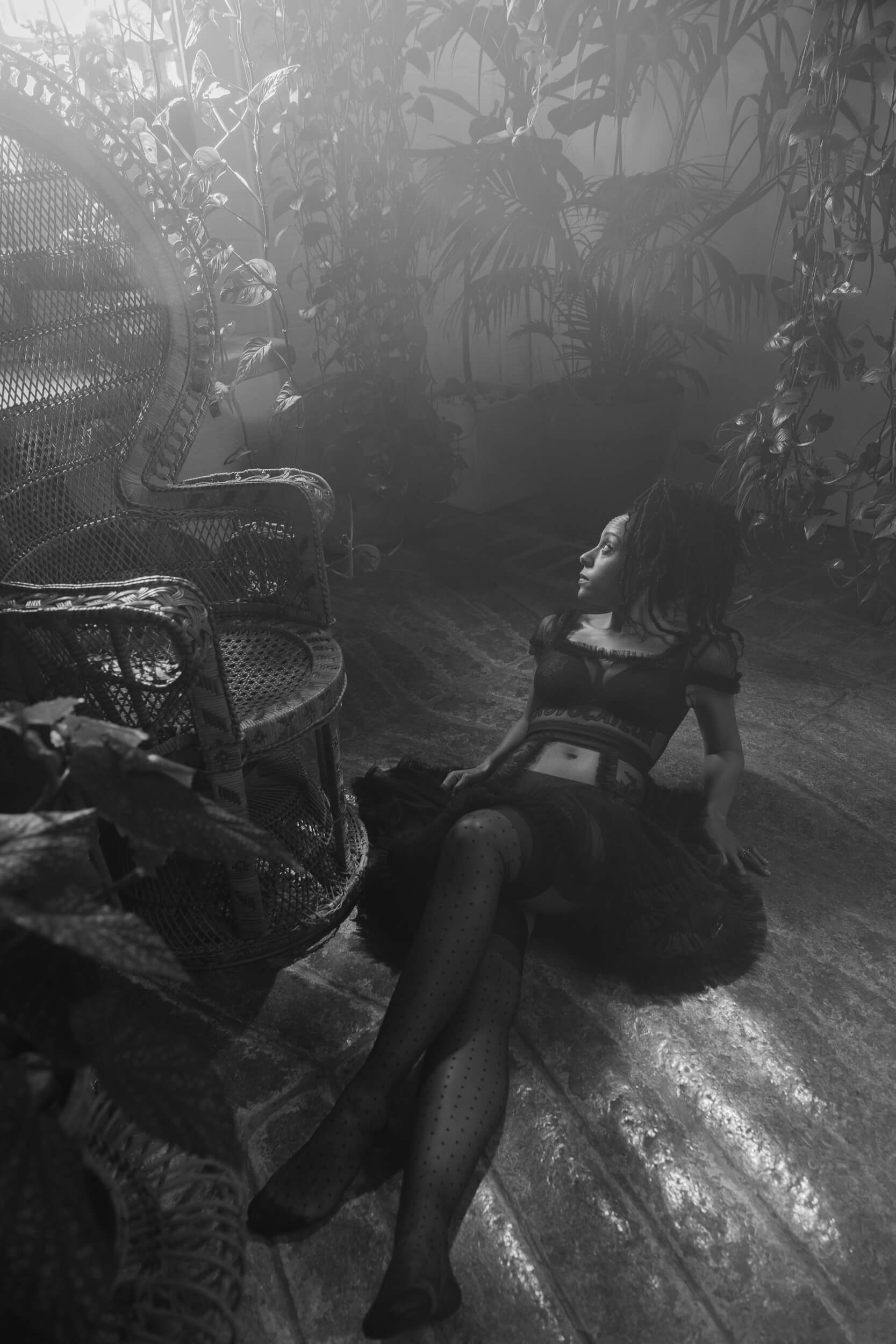
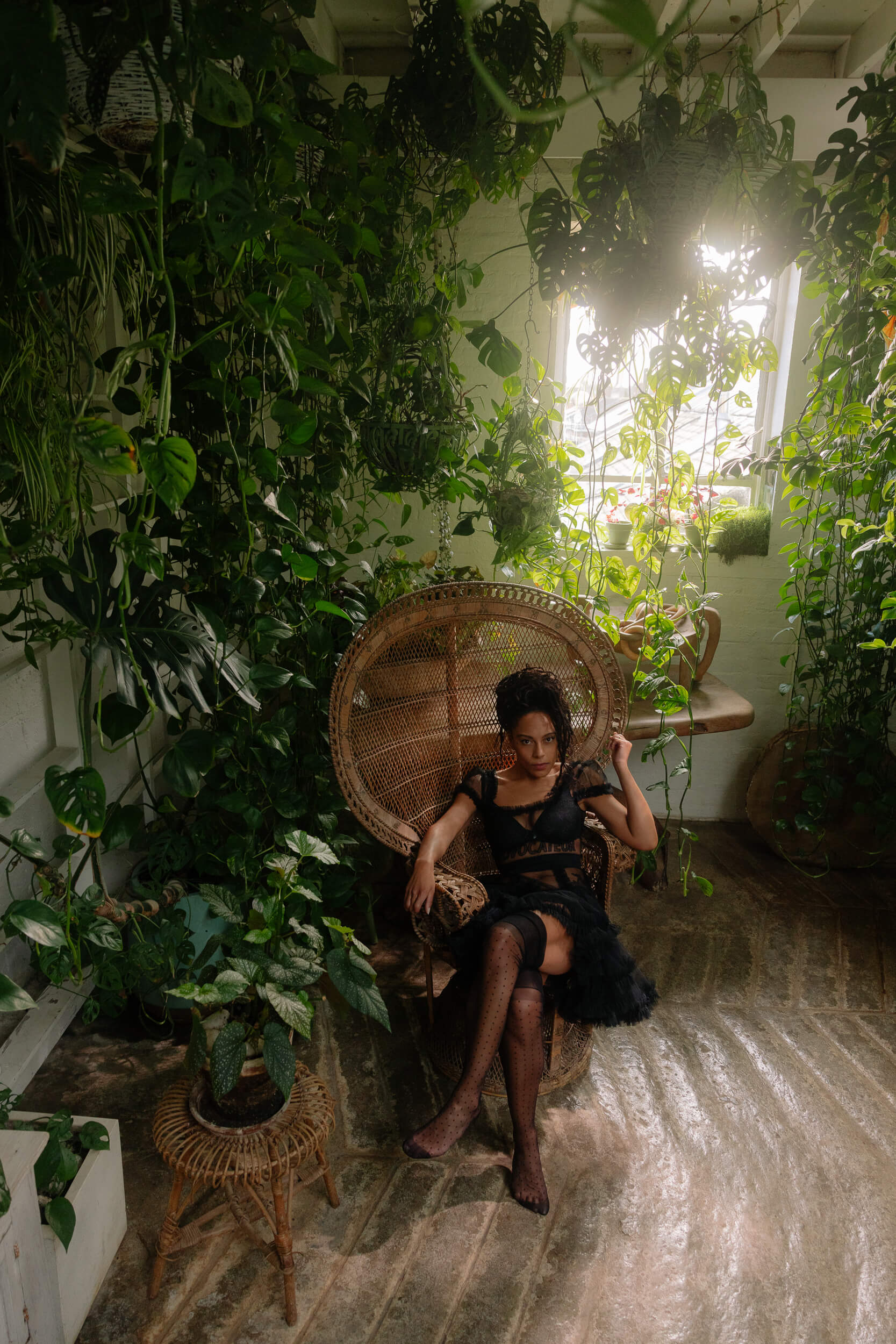
“I think I realized that I’m not a free person – I can be free in my acting”
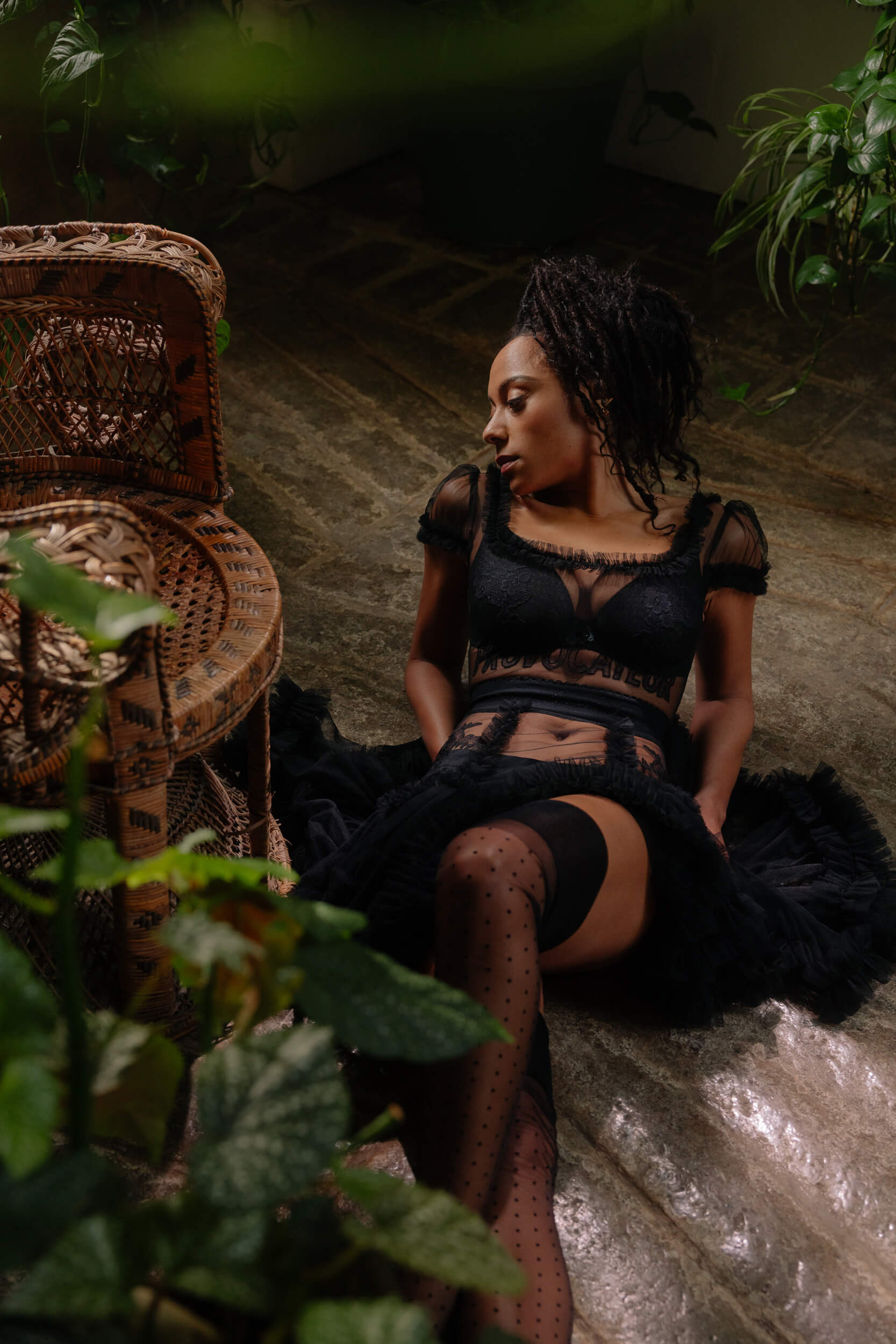
Our mind sometimes can be a cage. A lot of times I feel like I’m imprisoned by my own mind. This is obviously a personal opinion, but I think that in the type of society that we live in it’s not so easy to be free.
And when you see free people, like some friends of mine, it’s mesmerizing, to watch someone just being themselves unapologetically.
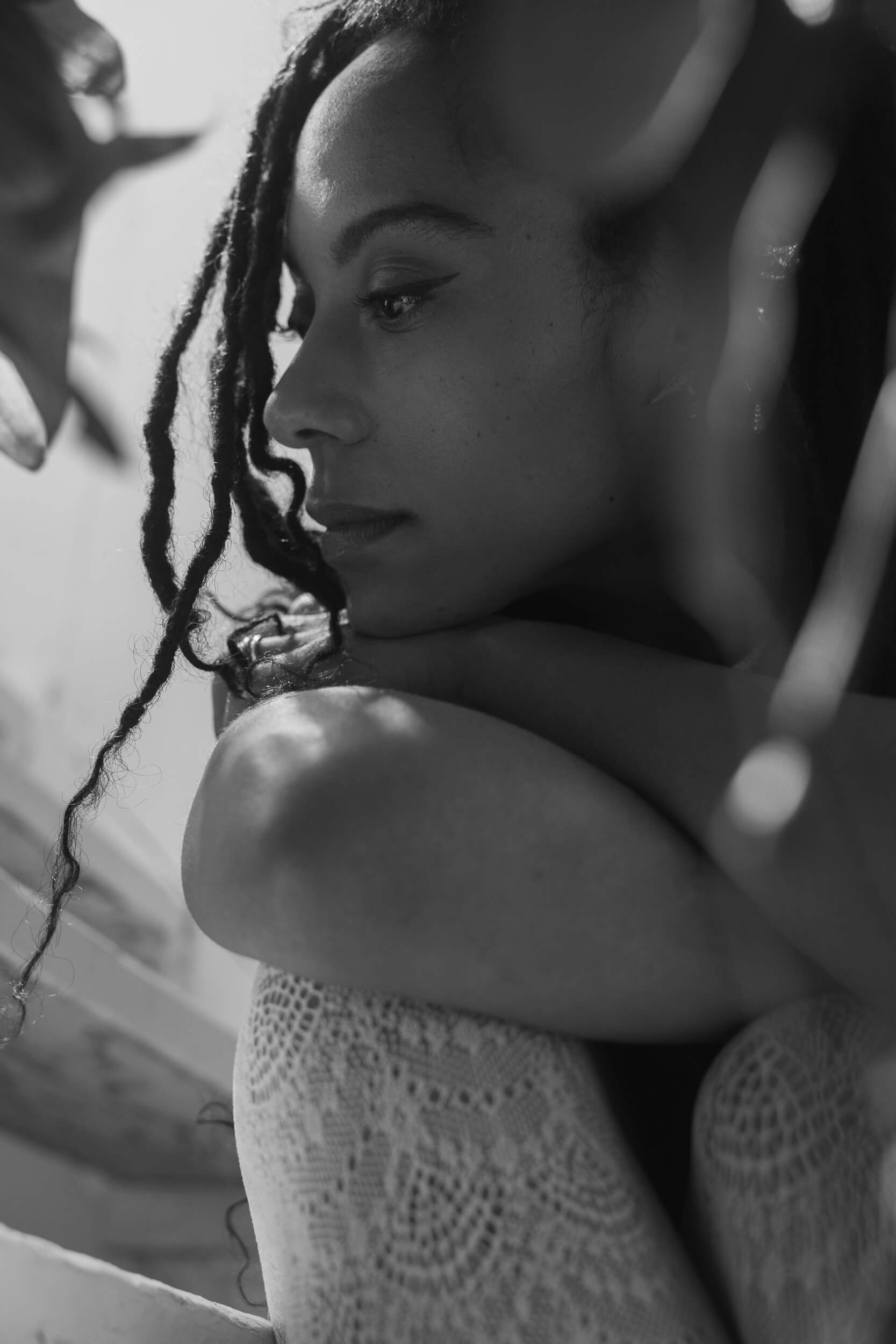
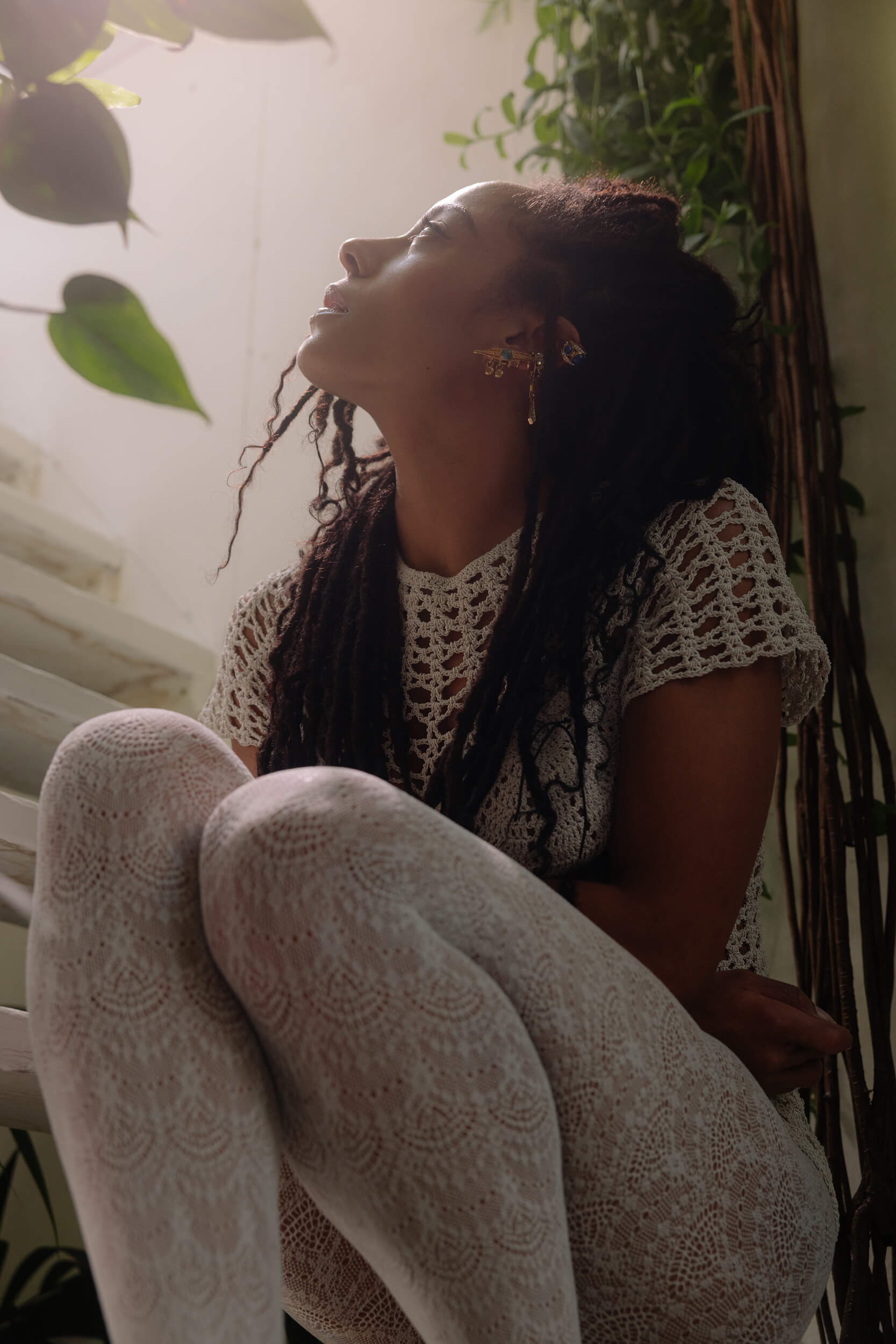
Yeah, sometimes I’m speechless, I wonder, “How do you do that?”
Yeah! It could be genetics, it could also be how you were brought up, if you’ve had parents or if you grew up in a society, as you say, who never told you what to do or how to be. There’s a friend of mine who has kids who are so full and alive, and she said that she’s making a conscious effort not to say to them, “Stop that, do this, do that”, but just let them be wild, let them figure this out for themselves and be confident as they grow up into the young women that they’re going to be. It’s interesting.
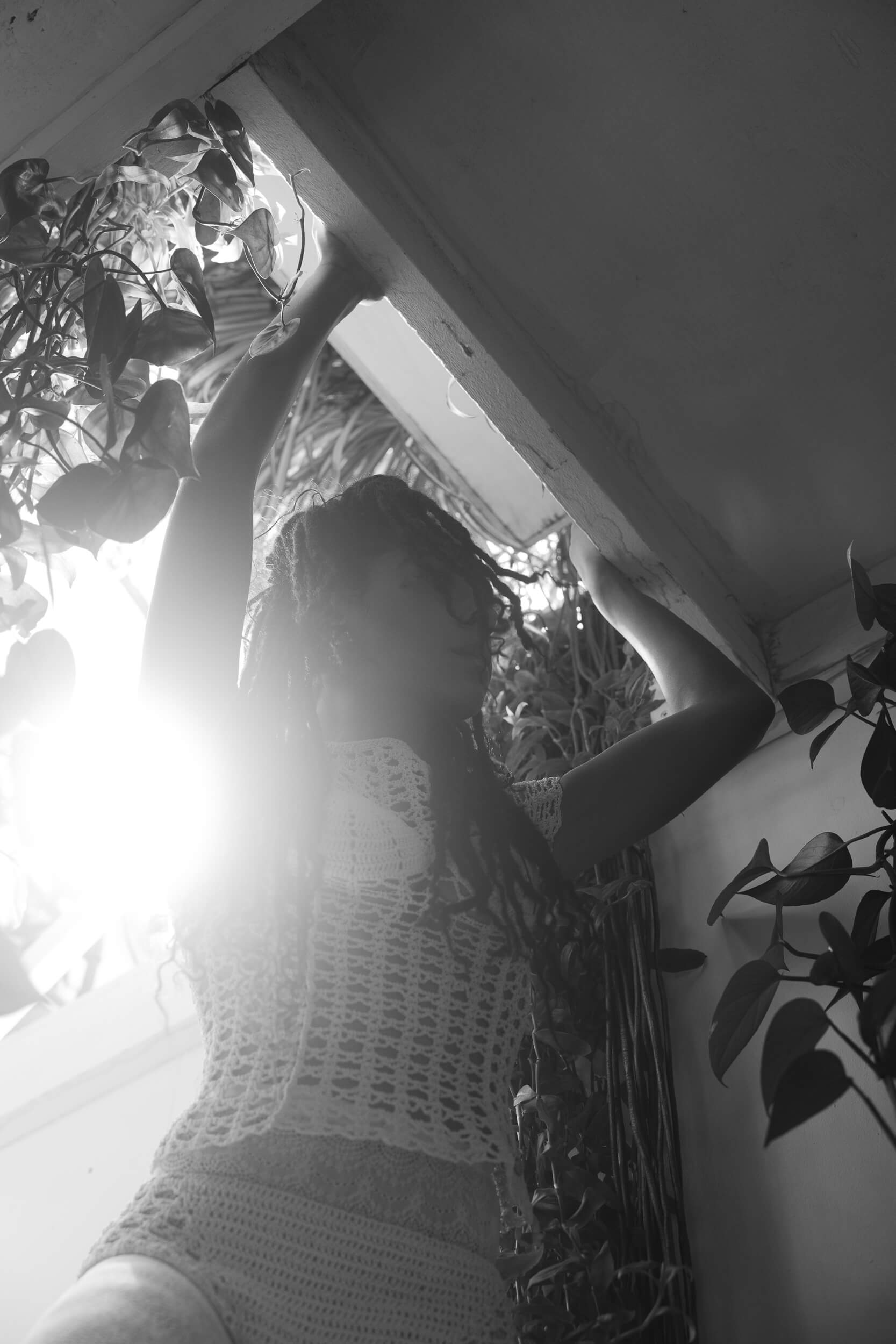
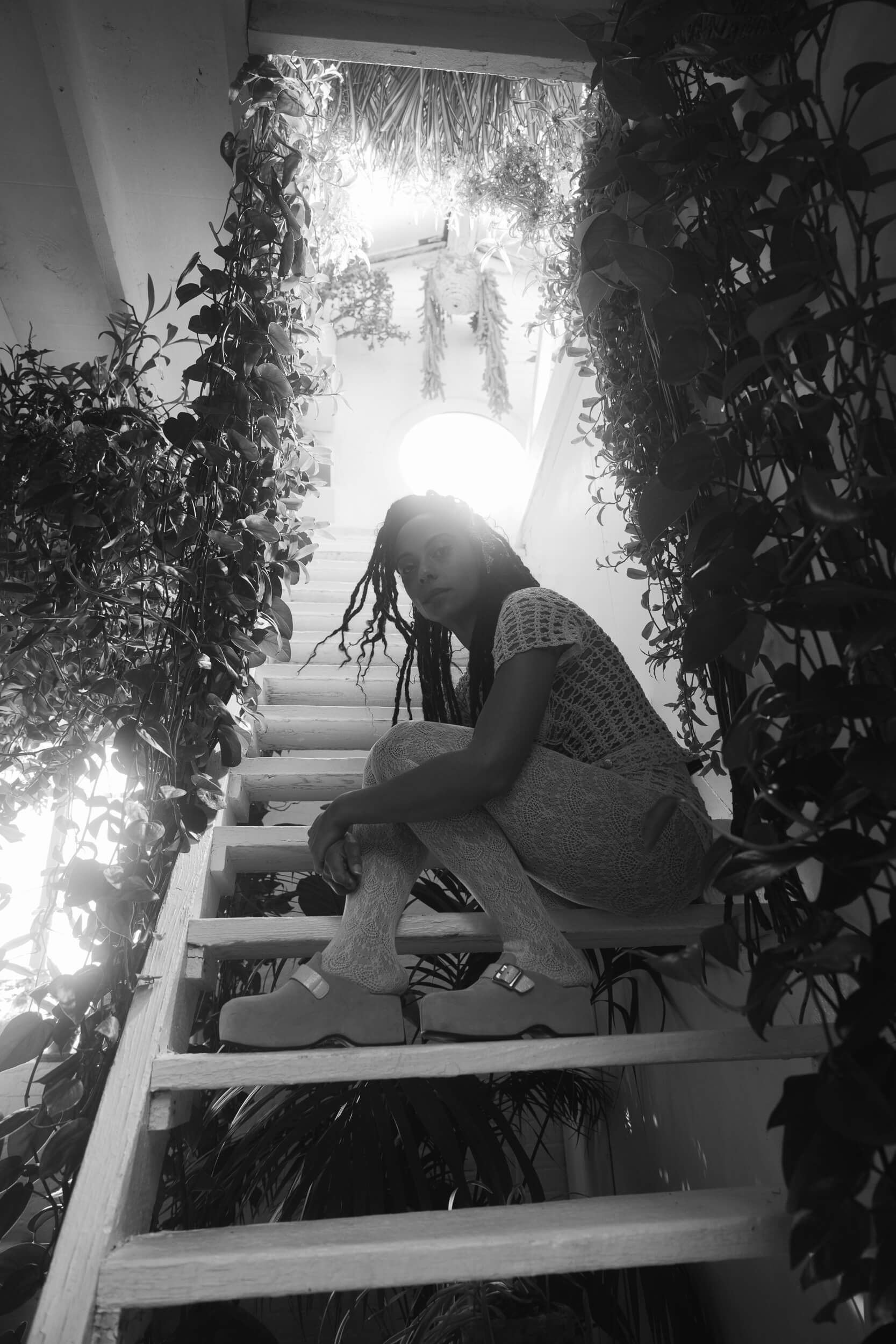
Speaking about “Slow Horses”, it’s one of my favorite series ever, I love very dark thrillers, and “Slow Horses” also has dark humor, it has everything, I love it. And Louisa I think is one of the characters who changes the most during the series: what was it like to approach this role and its narrative arch over the years? Was this kind of challenge an important aspect of the job for you?
Yes. We have great source materials, we’ve got books, so when I first got the script, I thought it was very clever, witty, but it was very important for me to find the human story in her character. I didn’t want to just play a stereotype. These characters could fall into that, it doesn’t happen, but these characters could easily fall into the comedy stereotypes of people. Her character arch with Min, and how that affected her was something I was very interested in, I’m very interested in unresolved trauma, and people that fight against it. You know, in our society now, we’re taught to speak to therapists, and a lot of us do have therapy and we talk far more openly than our parents’ generation when they were young.
What I find particularly sad about humanity is when people lock their pain away – when you lock your pain away, it doesn’t go, it just changes into a different form. I think that’s what I’ve tried to do with Louisa: she’s unwilling to go through the grieving process, and so she’s becoming wilder and more extreme in her actions, she certainly doesn’t like help – anytime that anyone attempts to help her, like River who, at some point, tries to talk to her about her issues, she’s not having any of it and it’s a very powerful and strong cut-off because she’s just not ready. I found that really challenging to work with because it means that you’ve got a character on screen that’s very locked. That can also become “uninteresting” because it could look like they’re just blank; my attempt was to play someone that is starting to feel very numb – things aren’t affecting her anymore because she shut herself down.
In season 5, you’ll see where her story goes, and in season 6, we understand it in a much bigger way.
I’ve never been in a series that’s over the course of six years, and that is so different because actually, without you knowing it, I grow as Rosalind, which means I’m naturally growing as Louisa – I’m a different person from six years ago, so therefore Louisa, just by me taking her on, is going to be a different person, even if there wasn’t a character arch.
It’s interesting how her relationship with Min changed her slightly – she became a little bit more fun and freer. When she now has this sort of relationship with River, she’s actually even a bit more open to it because Min unlocked a little silliness and a bit of a playfulness in her, so when she’s with River she can play a lot more than she even did with Min, she’s much more comfortable around River than she’s ever been with Min.
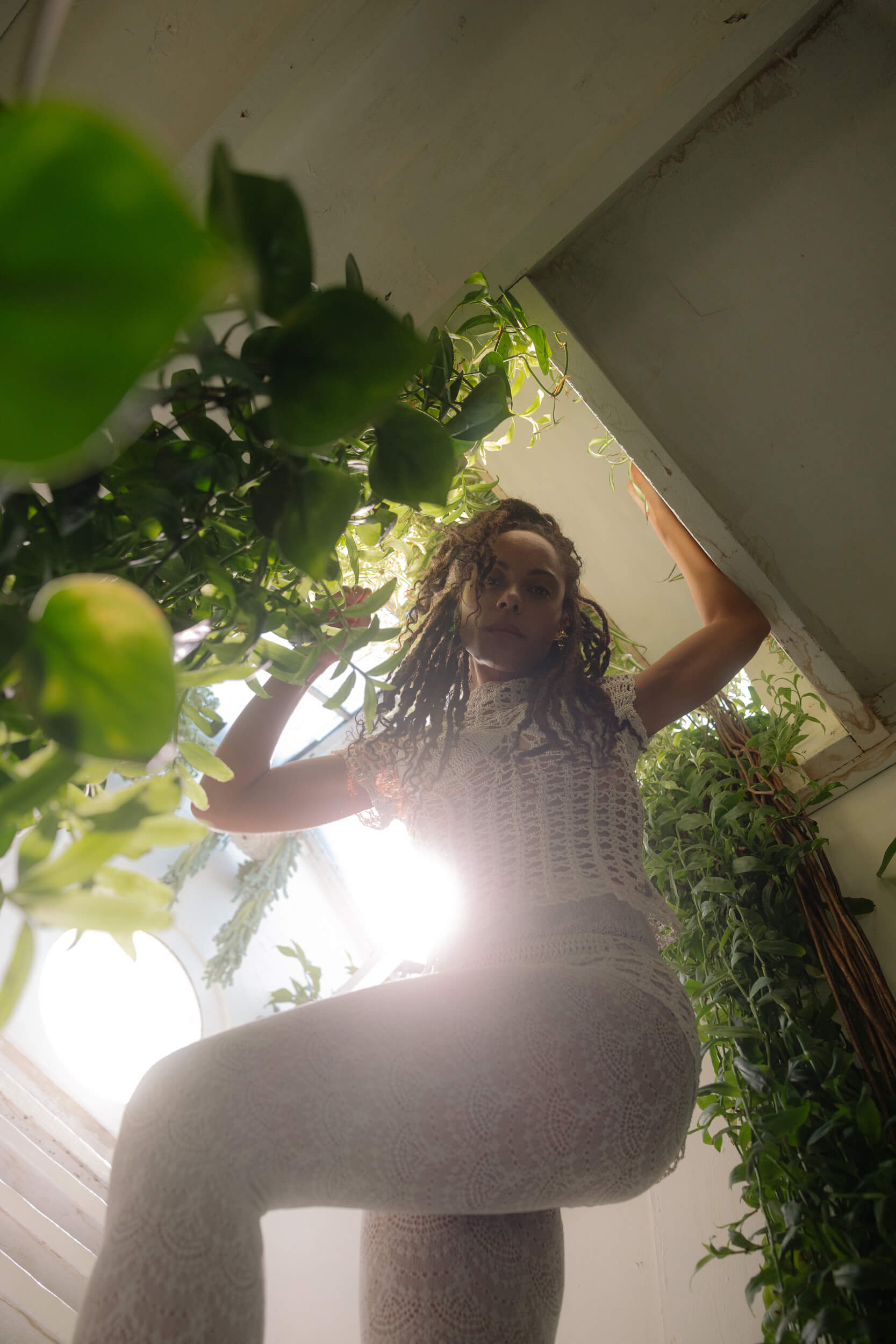
“When you lock your pain away, it doesn’t go, it just changes into a different form”
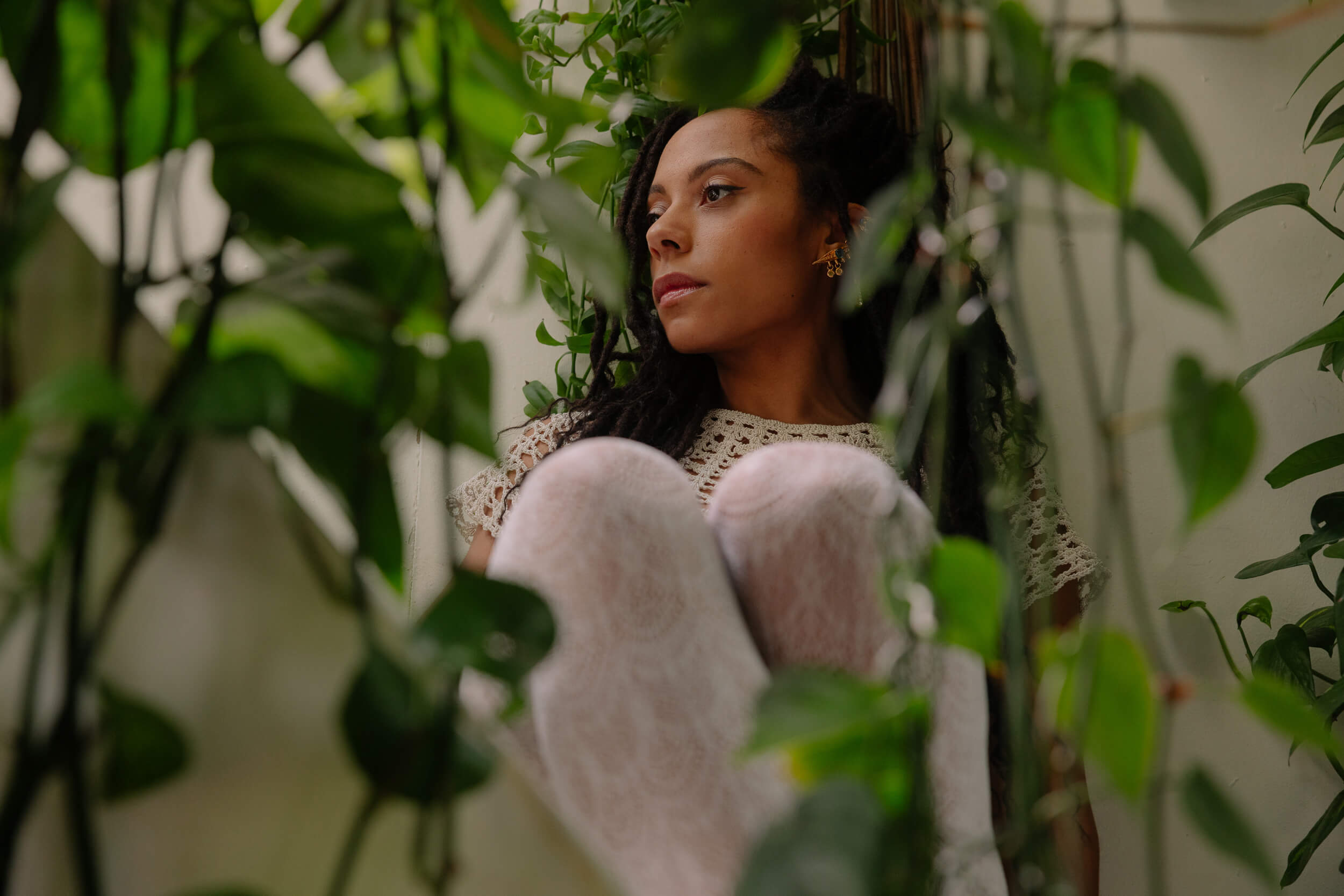
One of the things I’m most impatient to see is how their relationship will evolve!
Yeah! I now know how it ends [laughs]
Jack [Lowden] and I had a lot of fun figuring out what their relationship is – some people really want us to have a romantic relationship and other people are categorically against a romance between them, thinking they should just stay as friends. I’ve never met anyone who goes, “I don’t mind”, it’s always one or the other.
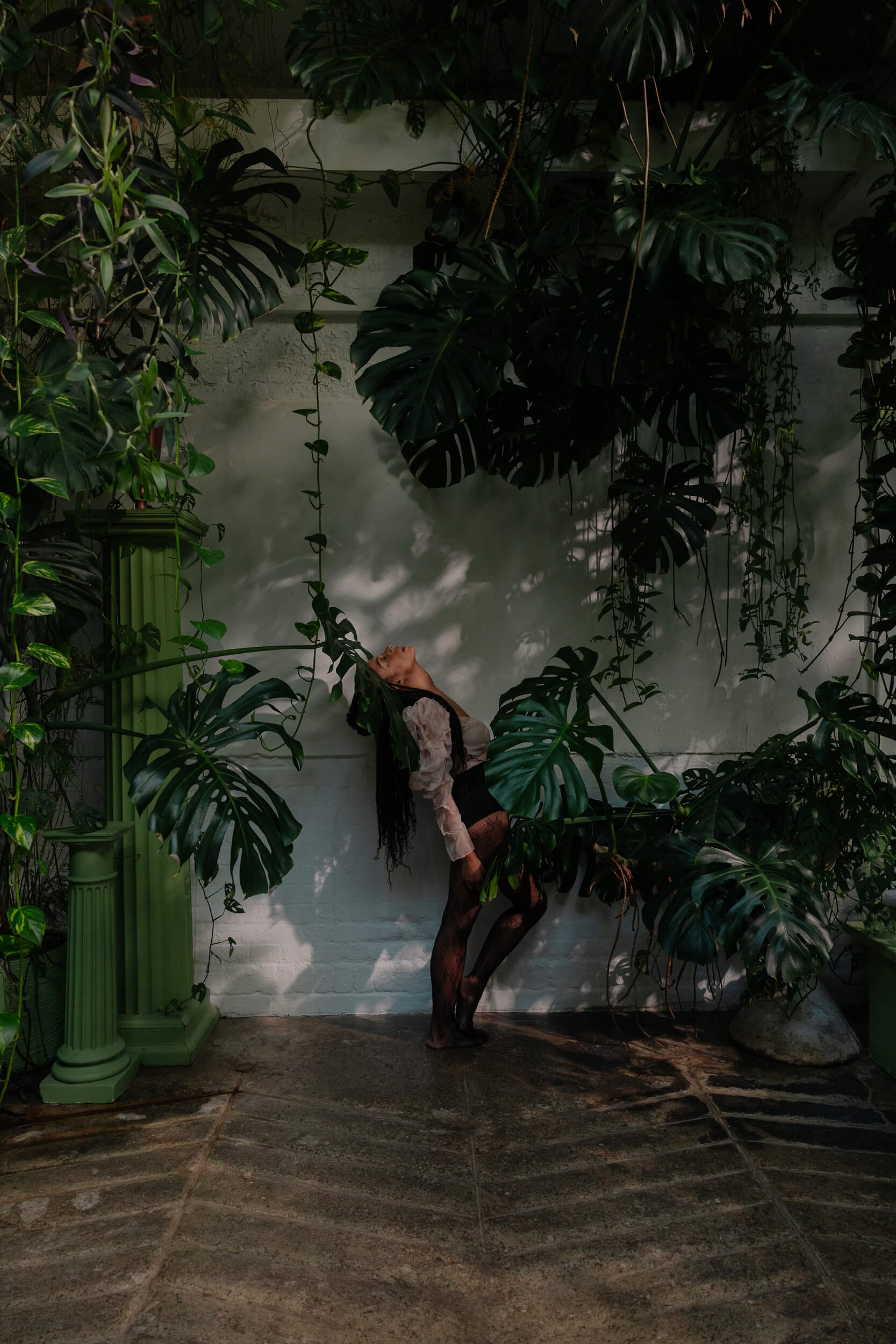
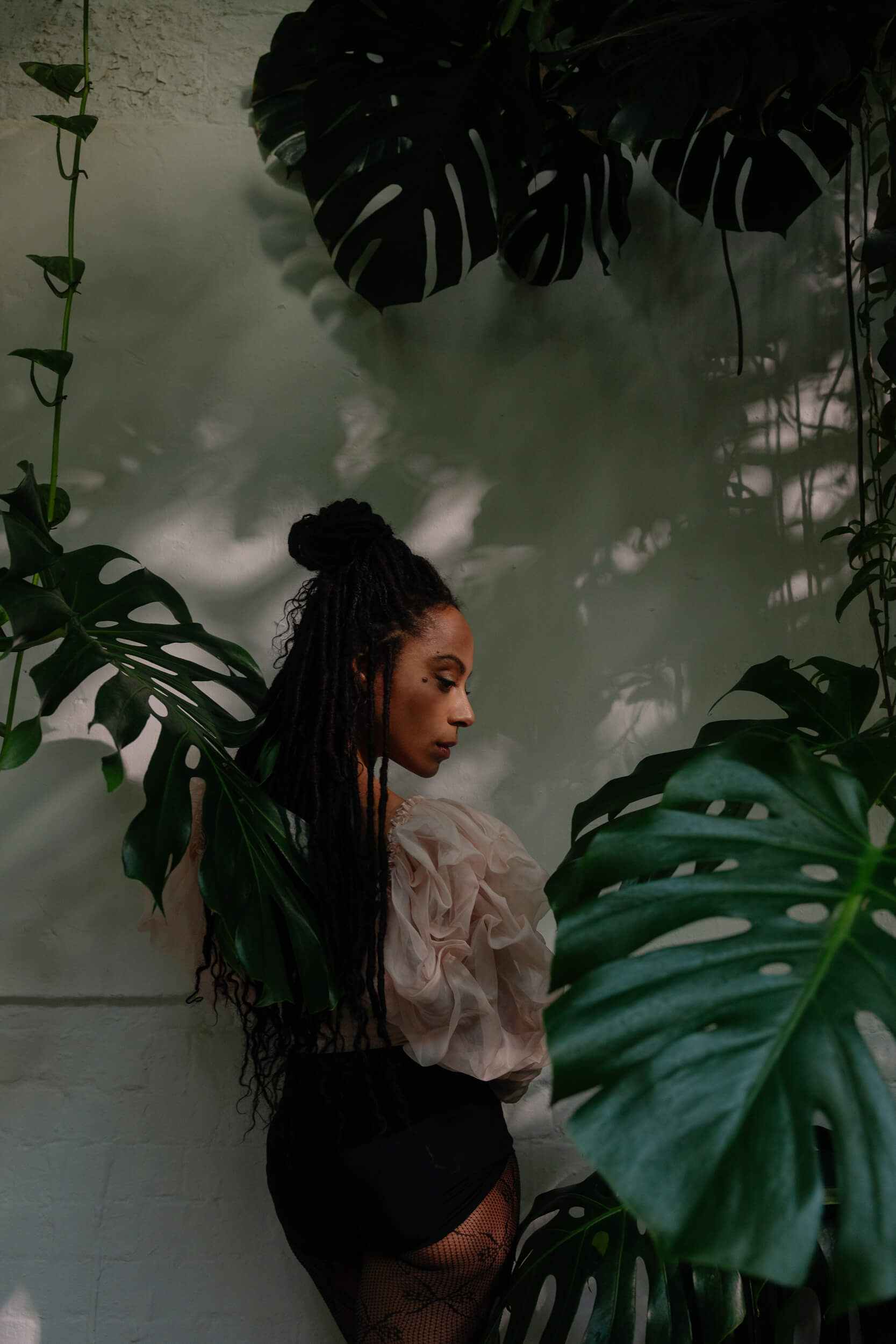
I’m one of those who wants them to have a serious relationship [laughs].
Being “flawed” is one of the themes of the series, in a way, and it kind of seems to be a superpower at the end. What’s the “flaw” that inspired you the most while portraying Louisa?
I think it’s probably like what I was saying earlier, that even before Min, she really shut herself off from the possibility of happiness or love. She’s so depressed, weirdly because it’s not like she’s crying all the time, but she’s got this low-level depression. That’s not a flaw, but I think it’s her locked nature that I found the most interesting to explore. She’s in a cage and she’s not allowing anyone into her sphere, and what that really means is that she’s very afraid of being hurt.
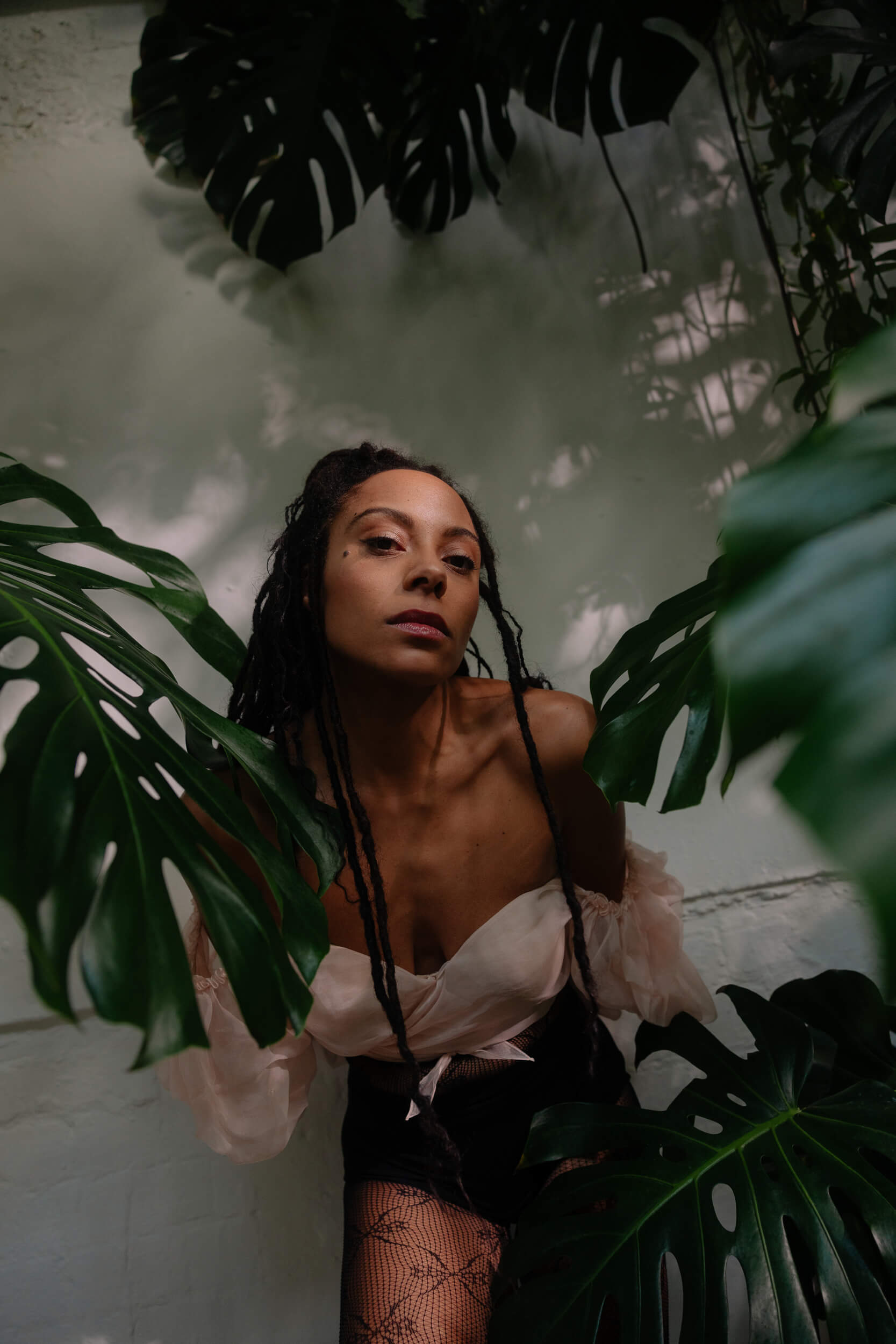
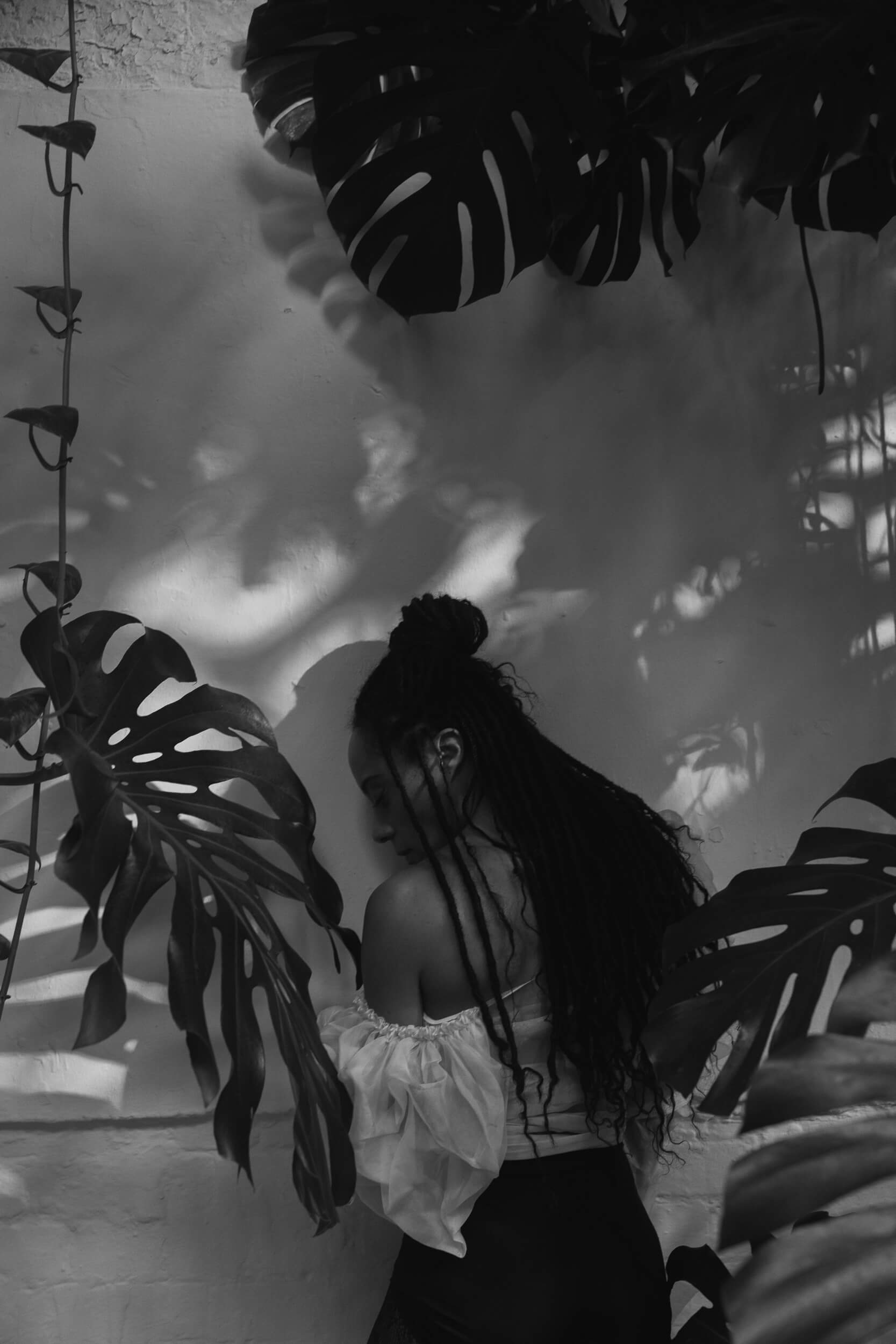
I think that the strength of the series, besides the people involved and the writing (which is everything), is that you are showing us something different from the James Bond type of “spy movies”, something more relatable, where the characters don’t try to be likeable at all. What’s for you the most interesting aspect of the dynamics between the characters?
None of them attempted to be likable, and so what’s fascinating about this show is “what happens when you have five characters that don’t give a shit about what anyone else thinks? What happens between them?”. There are some funny lines, but the comedy, when you have people that are so direct with each other, is in this very funny conflict.
I was playing a scene with Jack [Lowden] today, and we were topping each other and getting at each other in a really funny way, and we could just go on for ages and at one point we just burst out laughing because we couldn’t sustain backwards and forwardness [laughs].
All characters are in a space where they don’t care much about life anymore because they’re all hurt for different reasons.
You know when you’ve had a really good cry, and you find this insane peace? In a similar way, because all of them have just been through so much, they have a “give a shit” quality to them, which I think is partly why people find them really endearing characters to watch – whilst they’re all tortured, they’ve also got nothing else to lose, which is quite a powerful position to be in.
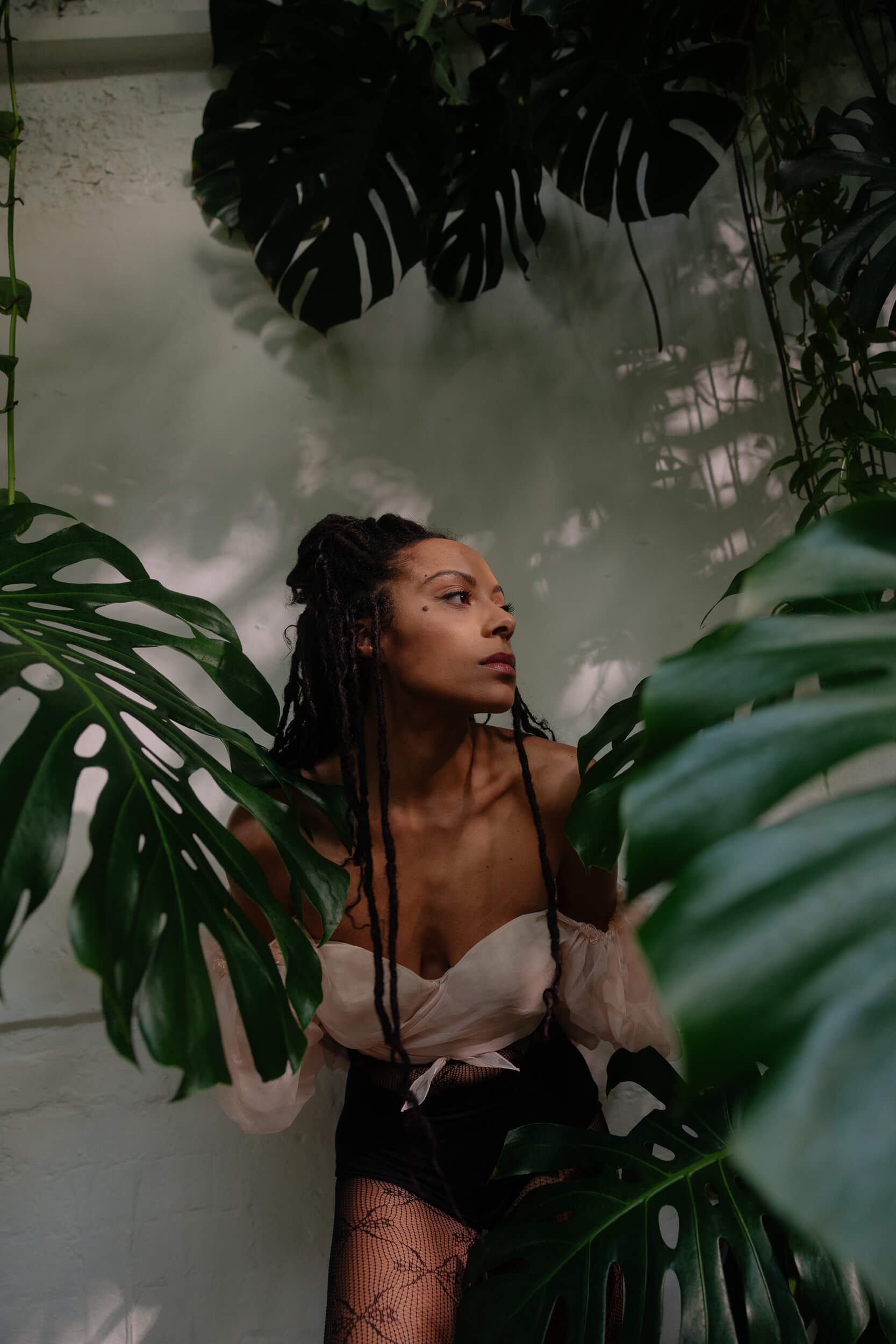
“You know when you’ve had a really good cry, and you find this insane peace?”
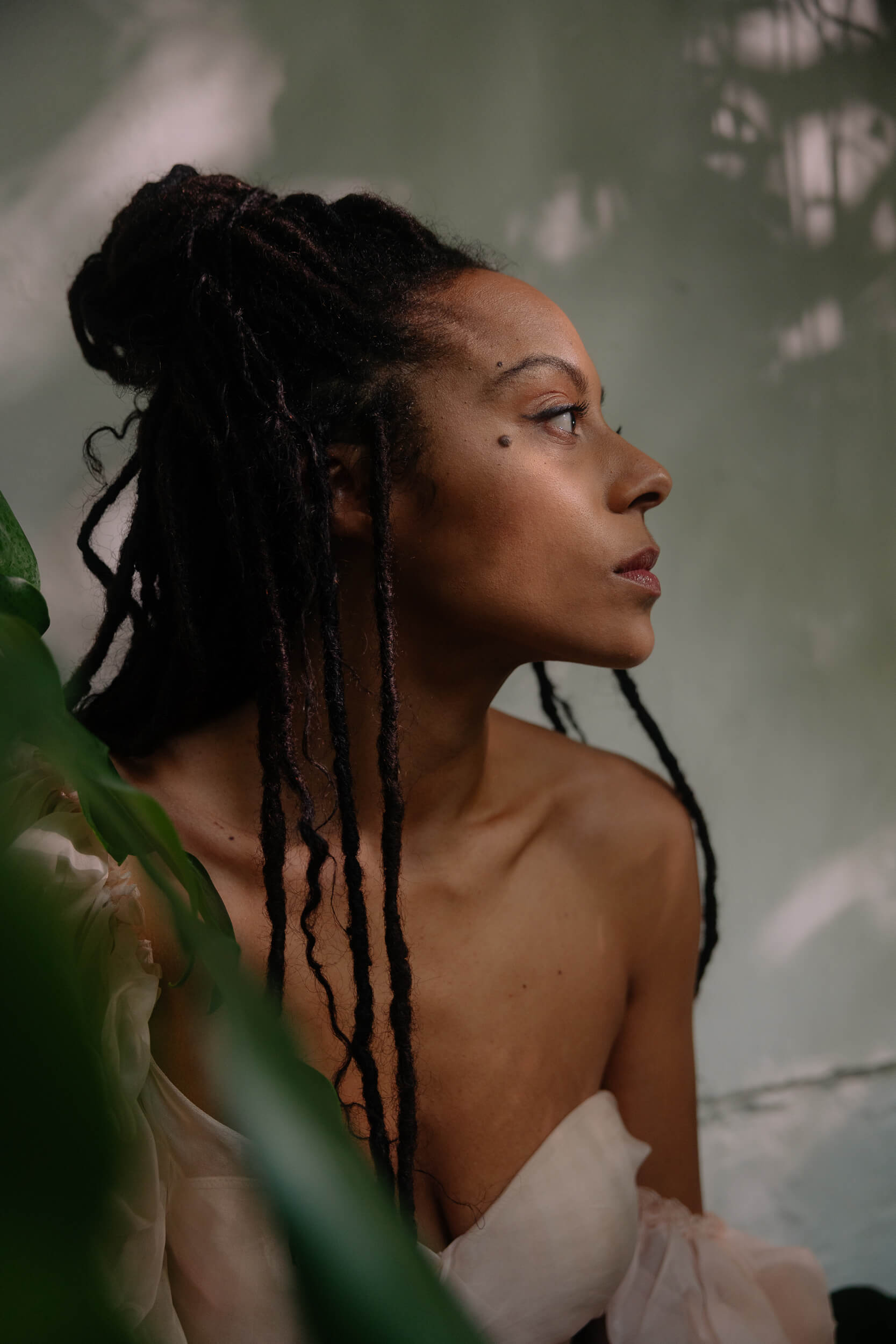
Let’s also talk about “Missing You”, I liked it a lot!
The series is a continuous plot twist, and it talks about so many things, but most of all it talks about truth, forgiveness and the weight of bearing a secret. I spoke also with your co-star Mary Malone and we talked about how sometimes it can feel lonely to keep a secret. What’s your relationship with solitude? Do you ever feel the need to be alone? Is solitude something that you reach for or something you tend to stay away from?
I reach for solitude a lot, I really need my space, it’s something that I’ve always done.
There’s an interview I did with The Guardian where they asked, “Who would you most like to apologize to?”, and I mentioned a friend from when I was 18 or 19 with whom I stopped being friends because I retreated quite suddenly; it was nothing to do with her, but it was just the way that I operated. I was too young to understand why I did that, I just would stop texting and be a shit friend, and she was obviously too young to understand why I did that; but I still do it, although I can now manage it better, and my friends know that Rosalind at some point will just go for a while.
I also really enjoy it, though, it’s not necessarily out of some deep sorrow, it helps me recharge, to be by myself for a bit. Do you know the term “introvert-extrovert”? I can sometimes be really extroverted around people and then I’d drain myself and need to recuperate.
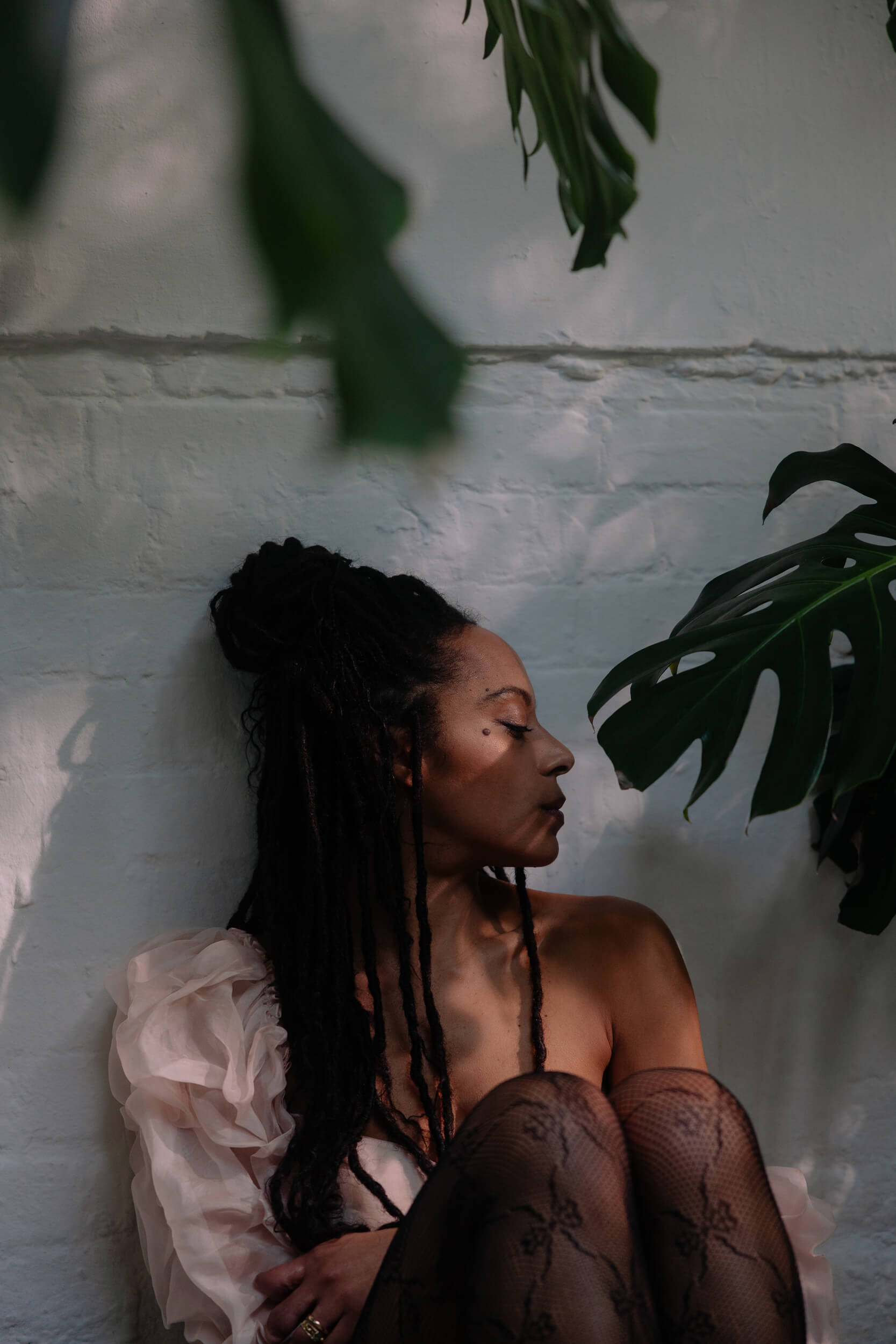
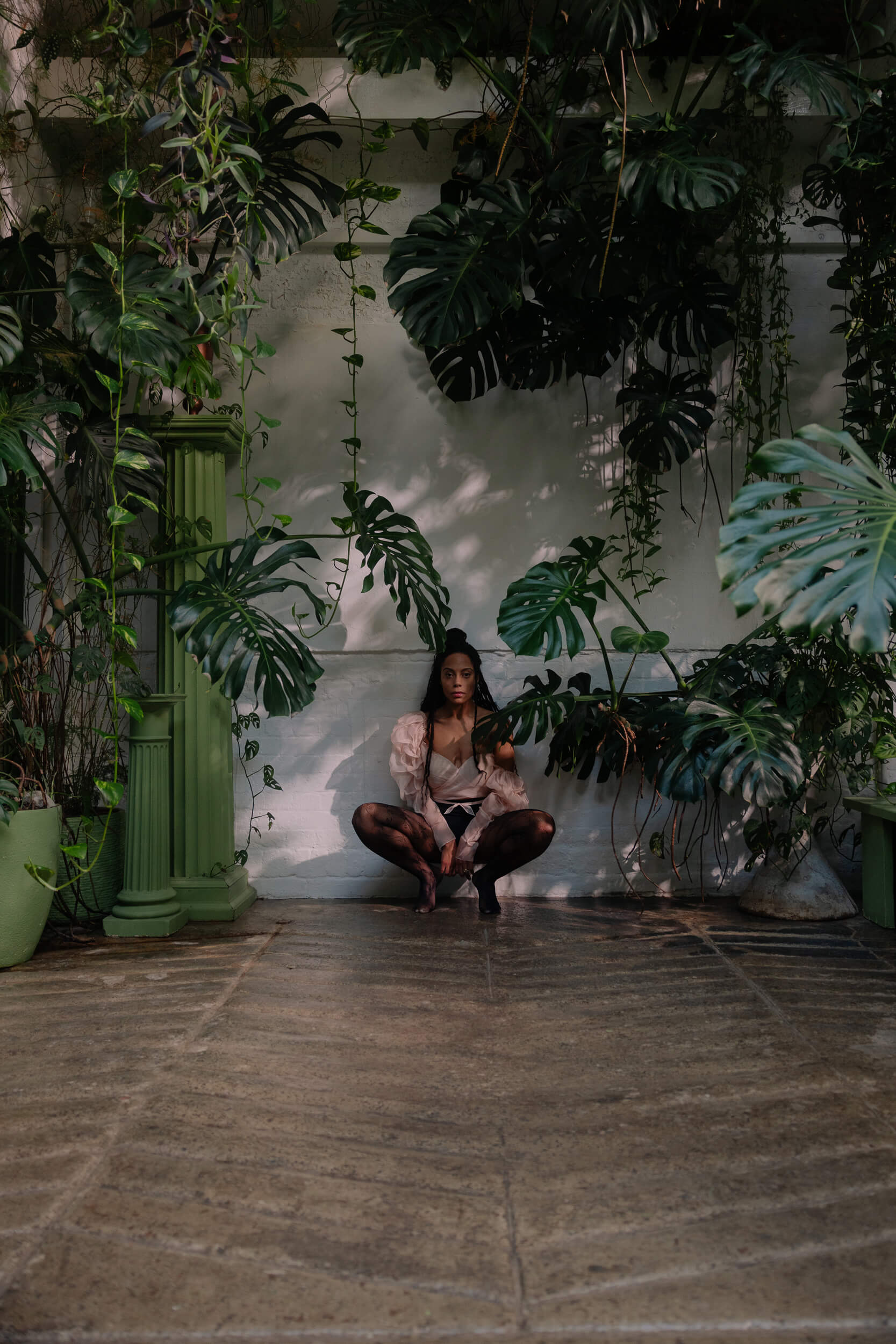
Yeah, I totally understand. I used to feel guilty for my desire to stay away from people, for the fact that I love so much to be by myself and recharge, like you said. Now, growing up, I don’t feel like I have to apologize for it anymore. I know I must “function well” to be a good friend, a good wife, a good daughter!
Yeah, you know, it’s that pressure we feel to be a lot of different things for different people.
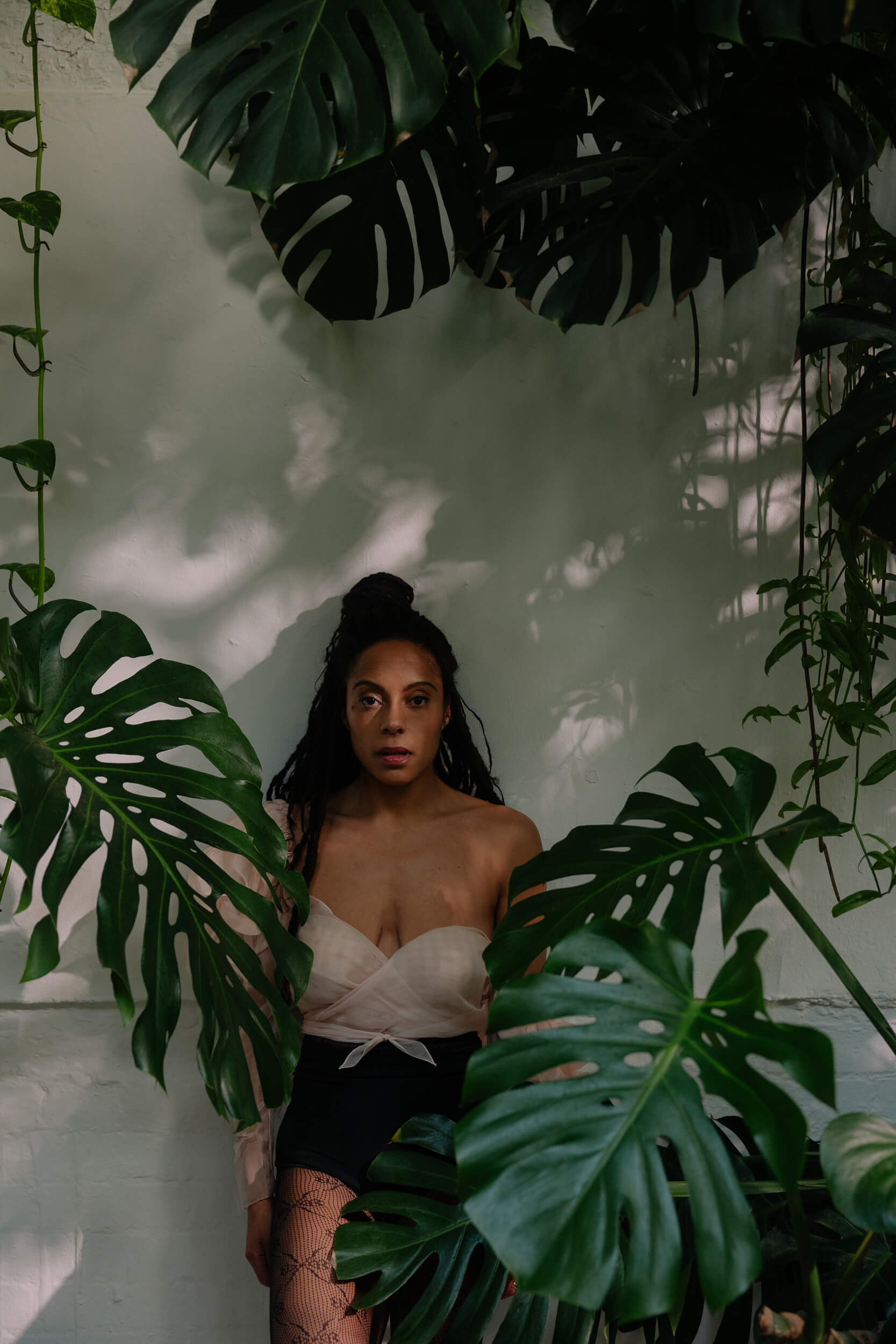
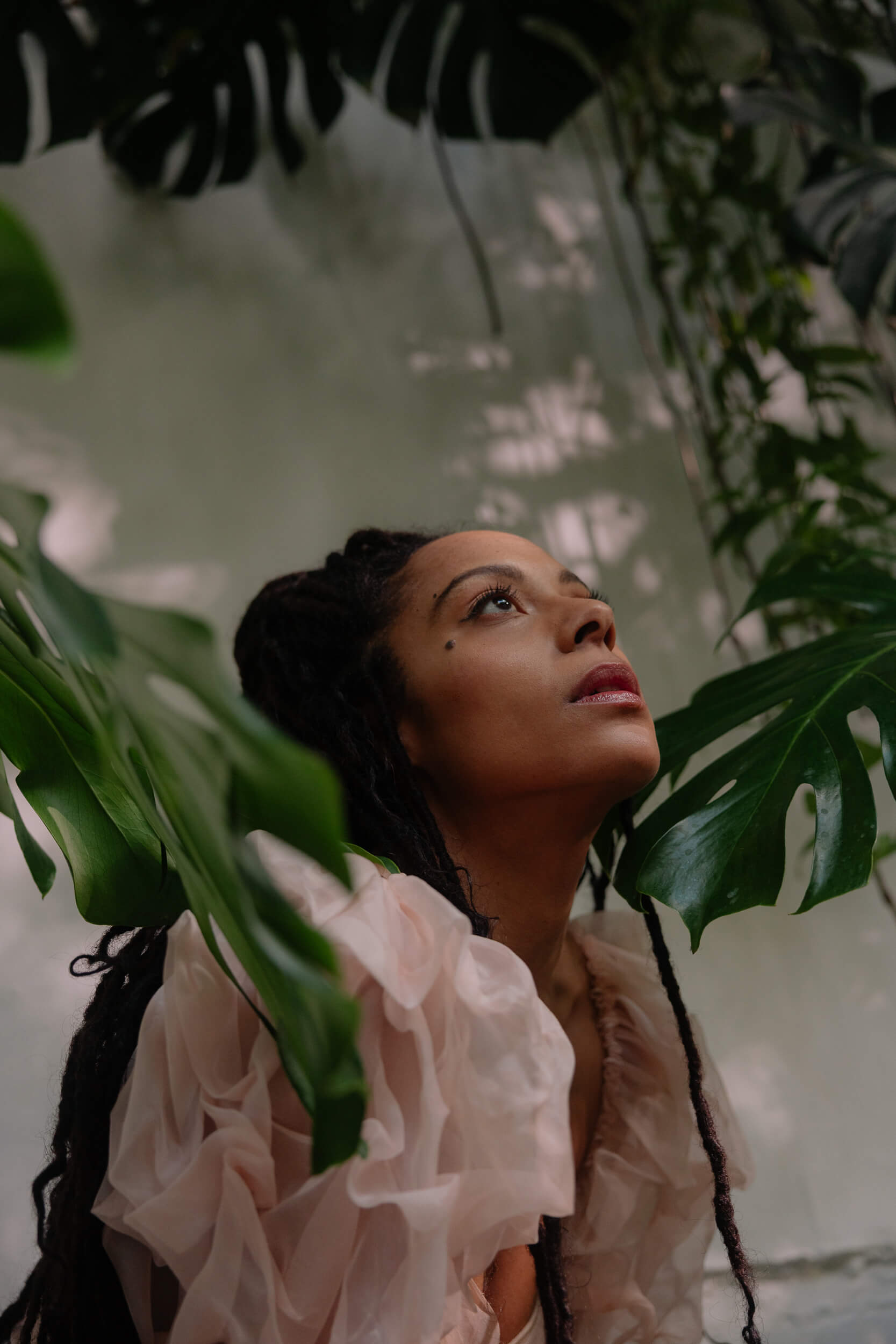
Right. Back to the series, it talks also about protection, feeling protected and protecting others. When do you feel the safest?
I feel the safest when I’m in the presence of my partner.
This industry is crazy, there’s a lot of bullshit in it, and you can so easily get swept up in the awards, the dresses, the gifts. But when I come home, to the place that we’ve created together, I feel so calm and like nothing else matters. It’s good to have someone that keeps you humble and with your feet on the ground.
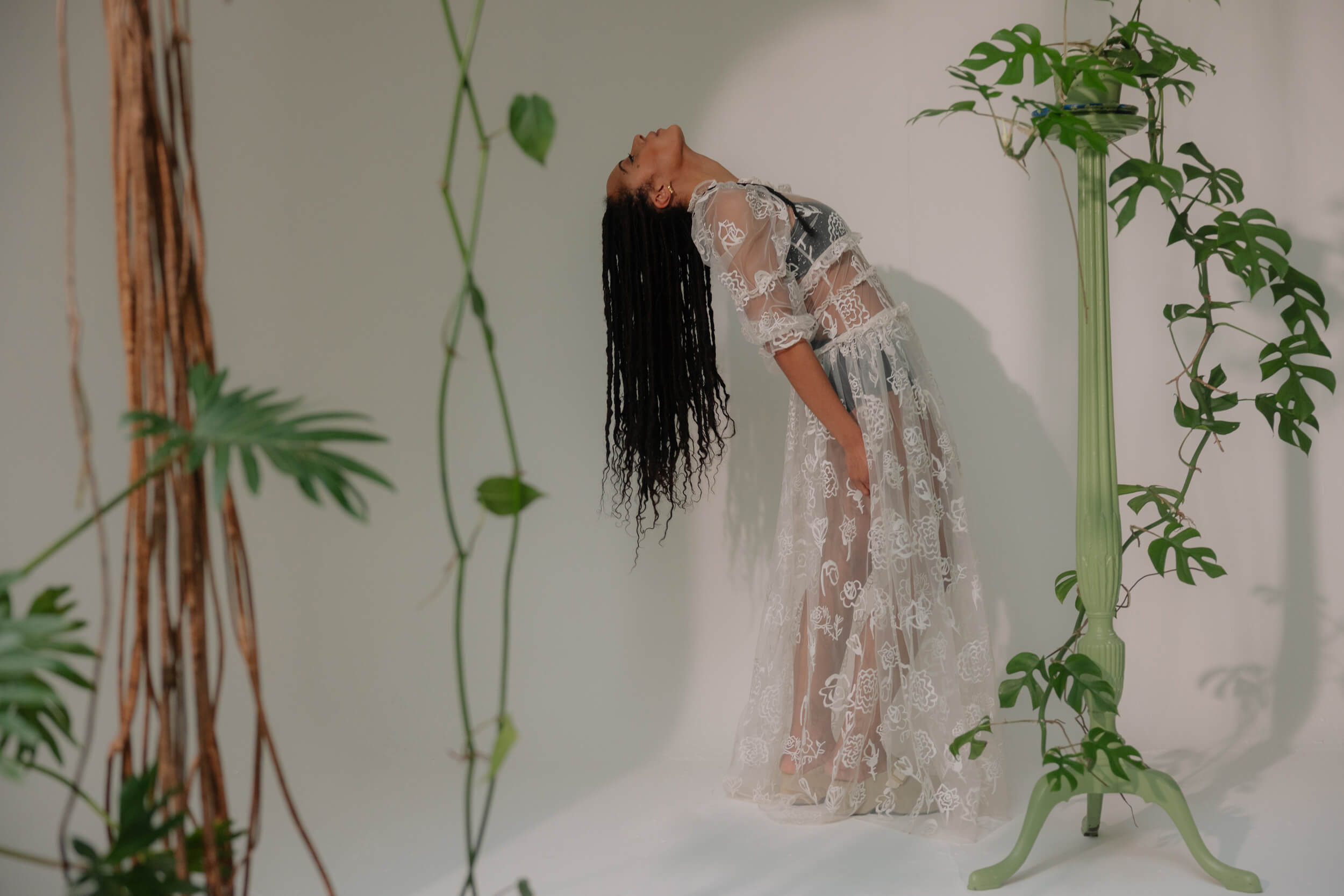
What was your first reaction when you read the script of “Missing You”?
I read the first episode and thought, “What the hell happens?”.
I had to know what happened, so, I ordered the book on Kindle and read it in two days and then at the end I said, “Bloody hell, that’s a lot of stuff that happens to one woman in a very short amount of time”. I thought that was going to be a challenge because it’s a lot of plot. To find the balance of playing a believable human while also carrying the story and the question marks it’s very difficult because if you, audience member, don’t feel something for the characters, the plot is only going to take you so far. I learned a lot from doing that. It was my first solo lead, which means you’re in every scene, and you’re carrying it, and you can feel the responsibility.
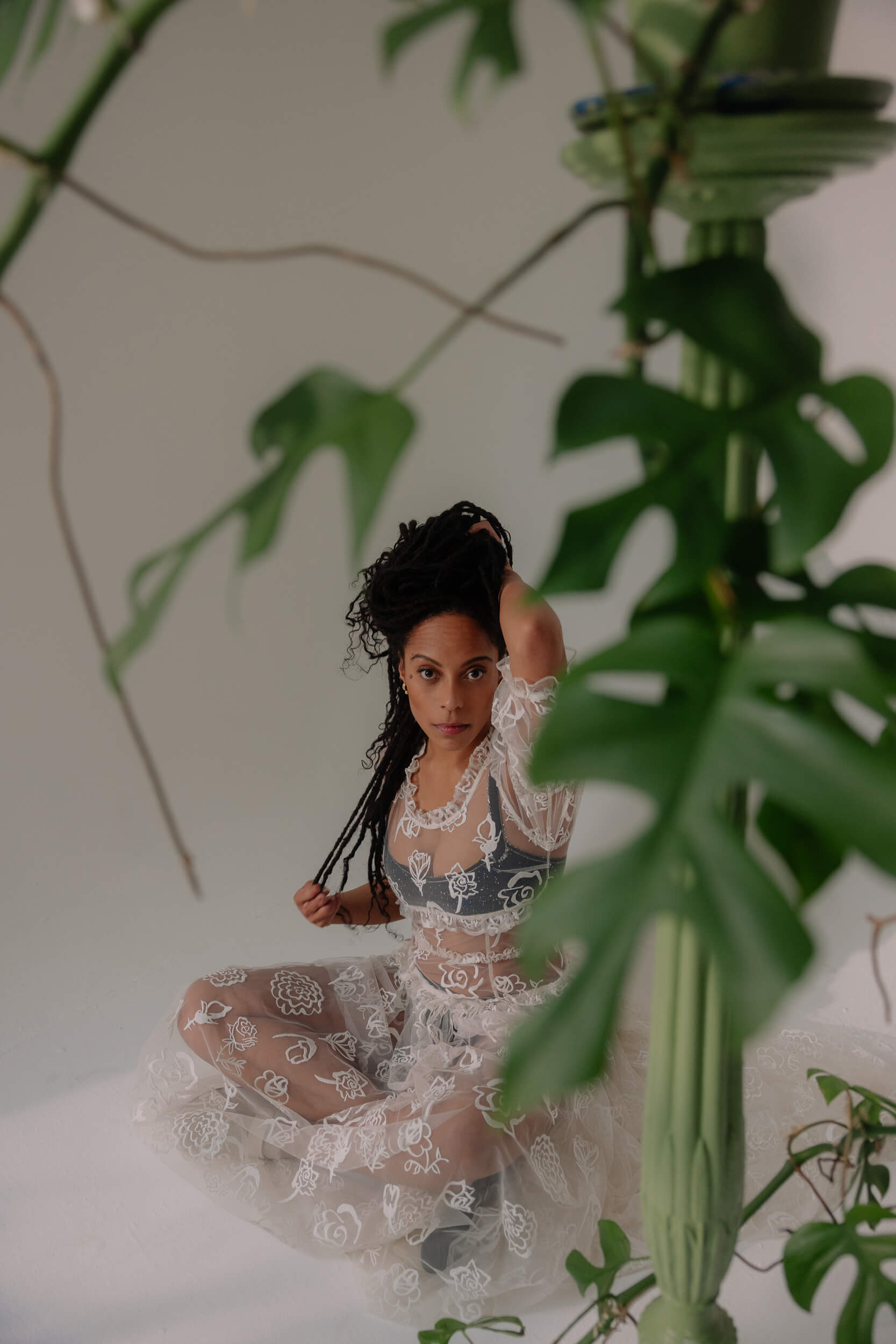
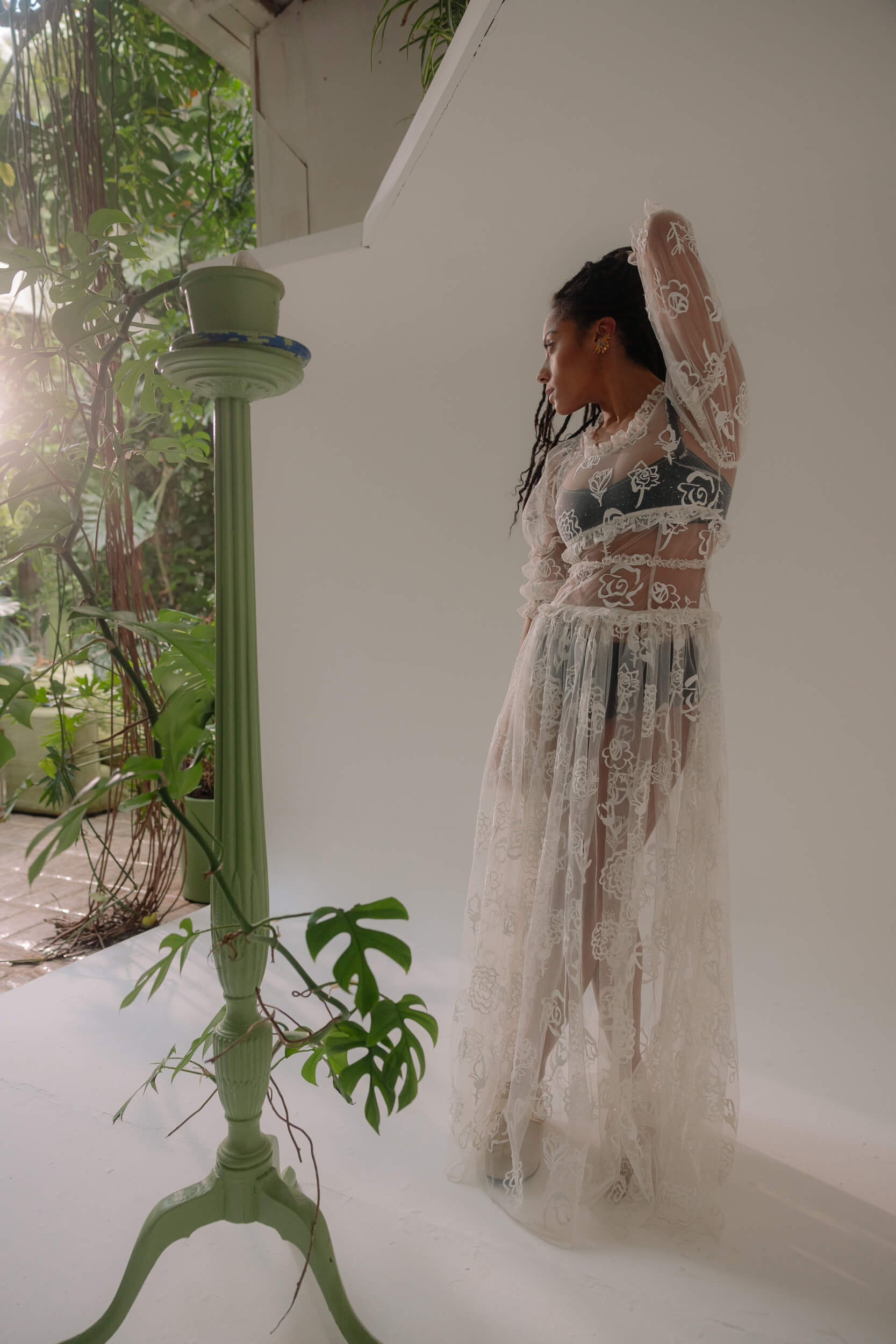
You did an amazing job, I felt like your character was delivering so much and when I watched the show, I felt all her emotions, which was not easy because so many things are constantly happening!
Yeah, she doesn’t stop! One of the first things I questioned was her relentlessness – she would surely have a mental breakdown at some point [laughs]. In the show, a hundred things fly at her, so I made a decision that if she really took in every revelation, she wouldn’t be able to stand because it’s so much for a human. My character has got a sort of semi-shield and things are washing over her and only in the very final moment does she feel in a really “big way”. She is a survivor, she doesn’t sit in the victim space for too long.
No spoilers, but I think the last scene is very beautiful and moving, and it made me wonder, “Is forgiveness at that level possible”?
Yeah. I struggled with the final hand movement, if you know what I mean. I was angry about that because in my mind there’s no way that that could happen that quickly. But that’s what was written and the way I tried to make sense of it was thinking of when someone does something to you that’s really bad and you almost go to protect them first, and a week later you go, “Why the fuck did I make them feel better?”. So, I imagined that if that scene continued, Kat would have come out of that and think, “No, no, no, I must leave”.
That situation is quite hard because you can understand in a way why that’s happened, but from Kat’s perspective, you know, it’s “her dad”, so how do you get over it? The person that you love took away the other person that you love, and I just don’t think you could ever get past it. Every time you look at him, it’s a reminder of the reason why my father’s no longer here.
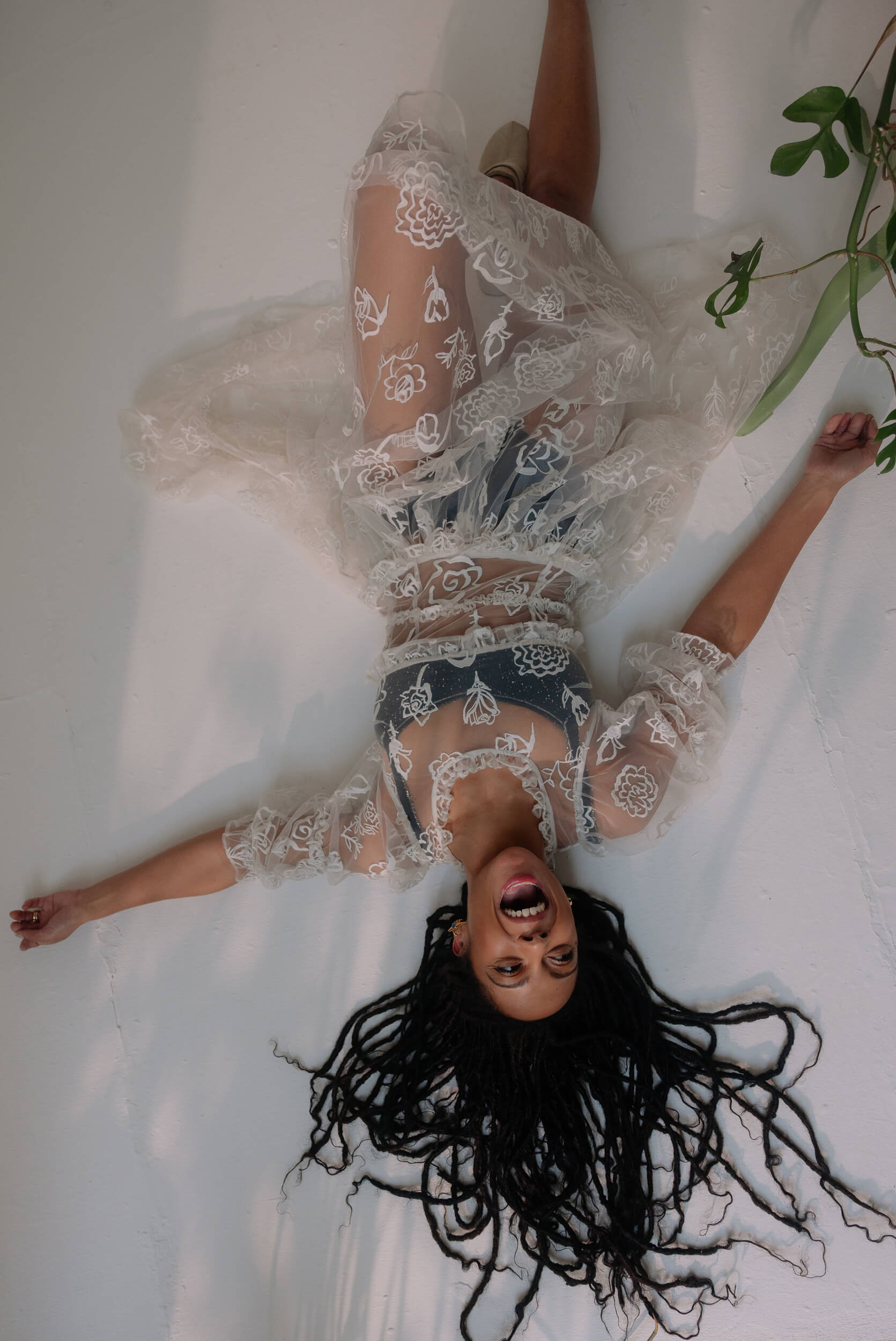
“She is a survivor, she doesn’t sit in the victim space for too long”
Since “Missing You” has been such a hit and I watched it in one afternoon, what was your latest binge-watch?
I’ve just watched so many things recently. But “Black Doves” might have been the last one, I binge watched that on Netflix. However, I’m a documentary girl, and I’ve just watched “Daughters” on Netflix, which is one of the most heartbreaking documentaries. Also, “The Remarkable Life of Ibelin”, about the gaming world, which is, again, so moving.
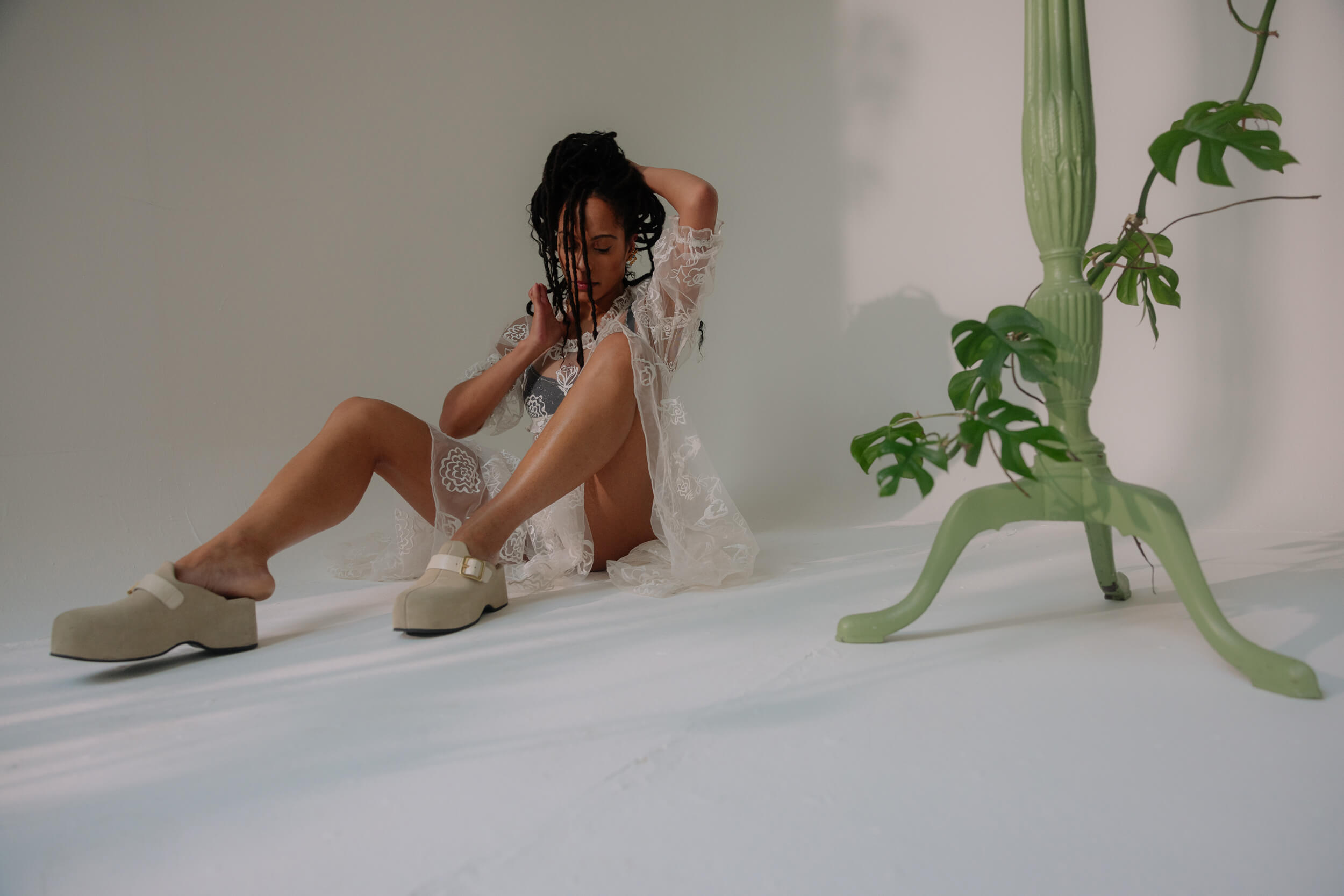
And what’s the thing that makes you laugh the most?
I always laugh. I’m always giggling. Everything makes me laugh. I make myself laugh because I don’t take life seriously.
I don’t understand the people that take themselves too seriously. Why? It’s such a gift to laugh at yourself, you know? I love when people take the piss out of me for something, for the way I am. Jack today was taking the piss out of me about my acting because he was like, “You’re all about truth, Rosalind”. He was joking of course, and I just couldn’t stop laughing because it’s true. I sometimes take my acting seriously, but I honestly see the funny side of most things. And I have quite a naughty, sarcastic sense of humour.
And what pisses you off the most?
It’s not necessarily what pisses me off, but I think what hurts me the most is the lack of want from different sides of a spectrum or an opinion, so to not want to try and understand where the other person is coming from. And that the first response is usually defence.
You know, the people that would be first to say “Why can’t I say such and such a word anymore?”. I just don’t understand their frustration at it. What is so harmful in us trying to not to offend a minority group – simply by taking an old word out of use. And the nuance of things is missed so often, but things aren’t black and white, things are always grey. That does make me really unhappy because, on a small level, that is what’s happening on a really big scale. It’s like Twitter: Twitter is exactly the space where there is no dialogue, it’s full stop, statement, no conversation, and the problem with social media is precisely that it doesn’t allow for a conversation. In real life you can hear the tone in someone’s voice, so it’s not as aggressive than when it’s written, but people just don’t take the fricking time now to have a conversation. So, we’re just hurling insults at each other. I don’t go on Twitter anymore because it’s vile, it’s such a horrible space where people can vent their inner workings with no fear of repercussion. It’s moving society, I think, in a pretty bad direction.
“People just don’t take the fricking time now to have a conversation.”
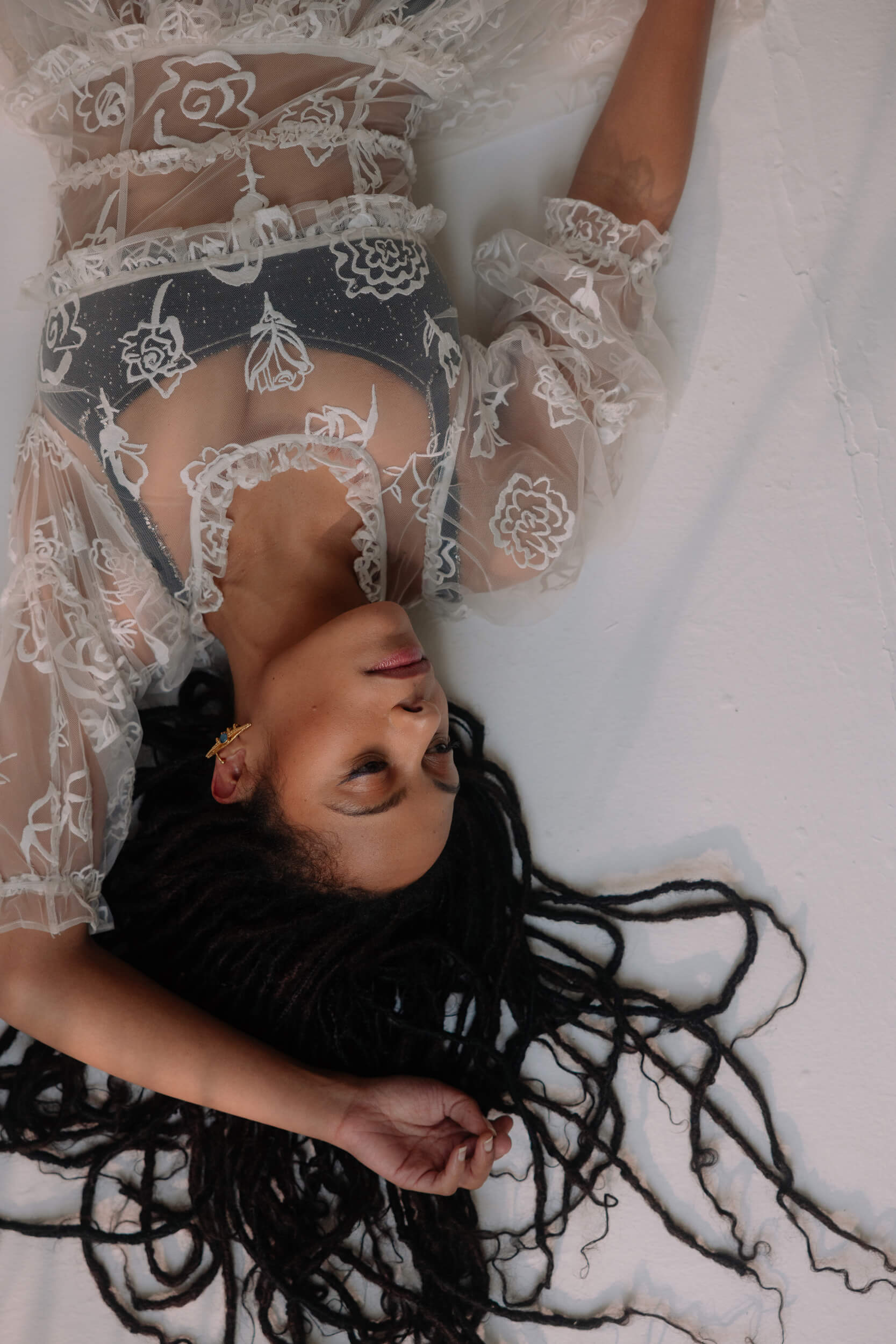
It’s interesting because I really think the same. I think that the lack of conversations is what is bringing us all in this situation. If you think of WhatsApp, for example, we are sending audio messages and we’re not calling anymore, which I think is a sign that we don’t want to have conversations or at least not immediate responses anymore.
And what happens to the kids that are now growing up? How are they going to feel, how are they going to interact with another human being? Are they going to feel really uncomfortable because they’ve just learned to communicate through a phone? Like even today on set, Jack was in the next room to me, and I was texting him, while, I could have totally gone in there and just have a nice conversation, but I was texting him instead. It worries me what that means for the future of society. It’s quite a scary space, and it’s actually one of the healing places because it’s so vital for humanity. I think through talking there’s comfort that you can feel from the other energy, but it’s all sorts of become lost and sterile and cold.
It feels very cold humanity at the moment.
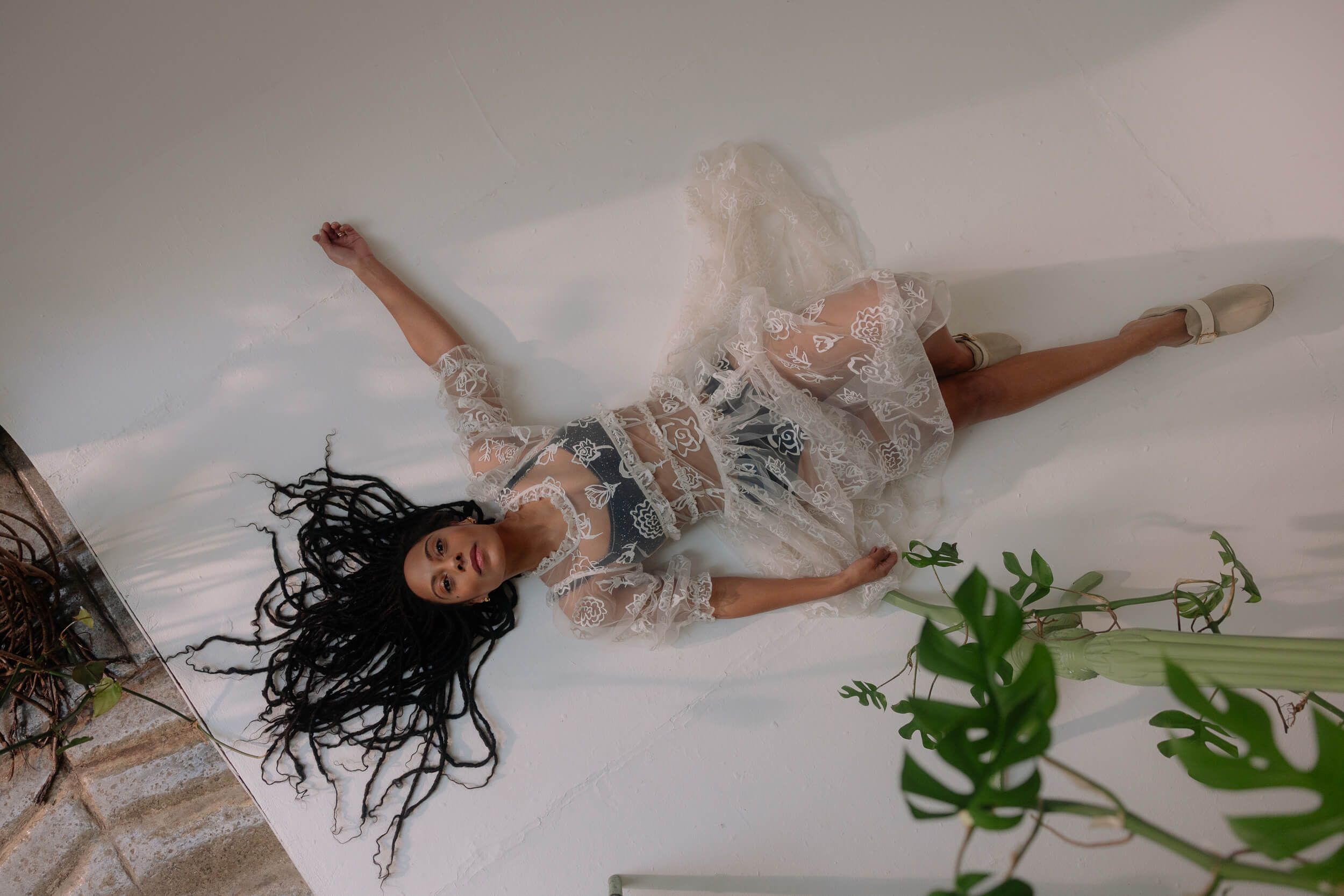
This makes me think also about why I’m doing this job, why I do what I do.
When I decided to start The Italian Rêve with Johnny, it was because I was feeling a lack of connection or humanity in what I read on magazines. I wanted to try and connect with people, instead, to talk about mental health and important things, and I wanted to do it also through cinema and art. I think conversation is everything, as well as putting yourself out there. This chat with you today has been so refreshing, for example, I will think about a lot of the thing we said in the next days, and when I will work on it, and reading again, it will teach me something new again, a piece of the world that I didn’t know. So, I’m always all about knowing people, staying with people and connecting.
I agree with you, like this hour has gone very fast, right? But even the way you have asked things, it’s not even just what you’ve asked, it’s your energy. I don’t open it up like this with other people that are asking me questions because you can feel, you can hear in there that their agenda is something different to what yours is, which is a genuine connection and like a genuine interest in humanity and talking about life and what it means. With other people, instead, you can feel that they’re trying to get something in particular, and therefore the conversation actually shuts down quite quickly. There’s been a road that we’ve taken together in this hour, which is actually really fucking refreshing, and that comes from, as you said, what you’ve set up, which is something that feels quite holistic and quite meaningful and truthful, which I think we’re lacking.
Thank you so much, I’m moved by what you said.
And one last question, what’s home to you?
I think it’s similar to what my safe space is. You know, my partner can make a really good tomato pasta.
I mean, if he didn’t, I’d be like, “What’s the point of being with an Italian?” [laughs]. When I’m feeling down or low, he’ll go, “Do you want a tomato pasta?”. It’s so sweet and it’s so simple and he makes it, and we eat together, and we watch something, and I just feel like that’s home: good food that is made with love from him. This moment where you’re like “Oh, that’s life” is so beautiful.
It’s the simplicity, you know… There are so many things we take for granted, but what matters is just the simplest of the simplest of things. We get so lost in the fucking Instagram world or whatever, but there’s nothing like the taste of a good tomato pasta.
Bear in mind, that UK tomatoes are shit, we don’t have Italian tomatoes, so my partner’s tomato pasta is extra good because he makes a UK tomato pasta.
Oh well, he’s a genius then.
Yeah [laughs].
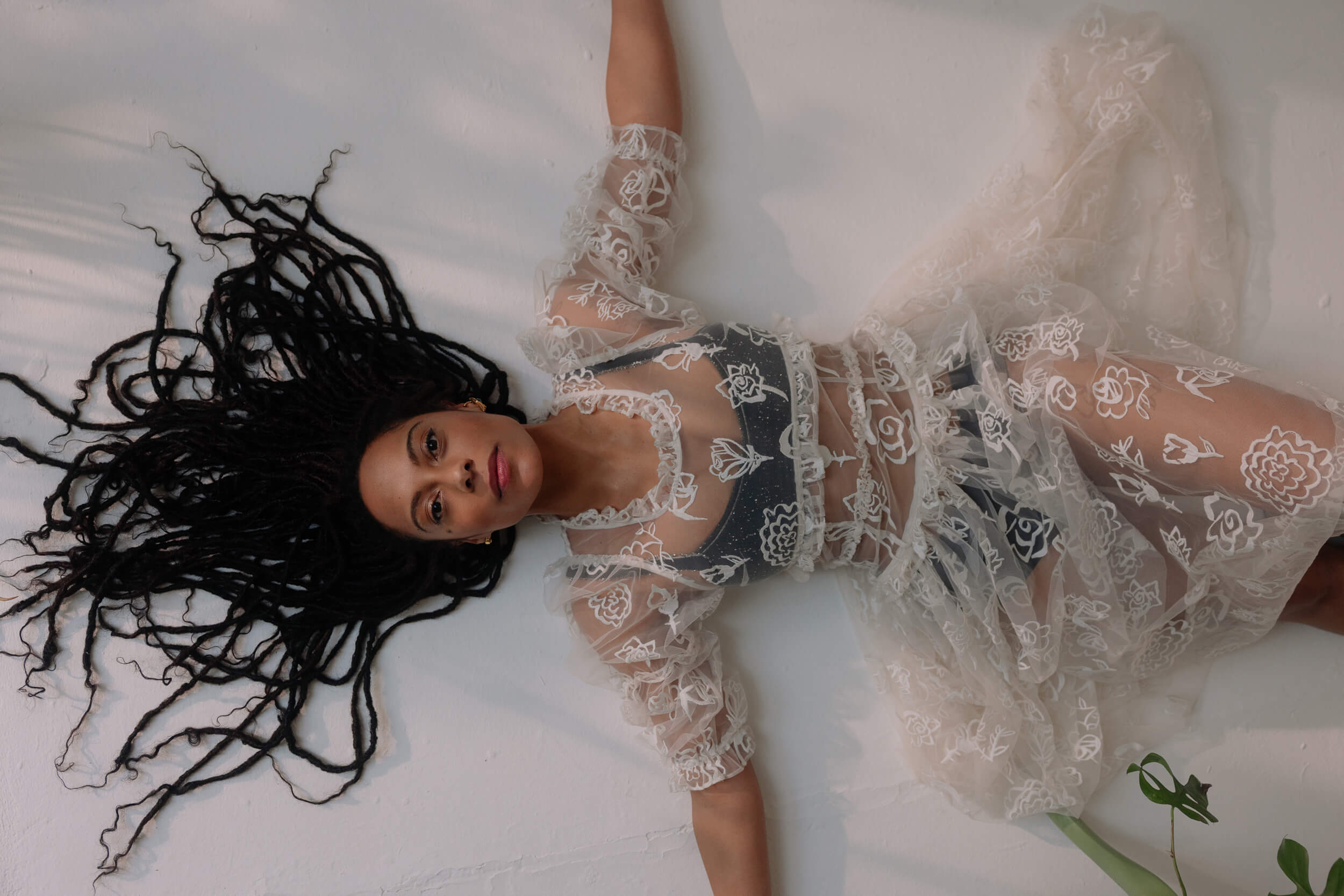
Photos & Video by Johnny Carrano.
Makeup by Alexis Day using Weleda and Merit Beauty.
Hair by Sky Cripps-Jackson.
Styling by Rachel Davis.
Thanks to Telescope Agency.
LOOK 1
Dress, Underwear and Stockings: Agent Provocateur
LOOK 2
Twinset: Oneteri
Tights: Swedish Stockings
Shoes: Daniel
Earrings: Sonia Petroff
LOOK 3
Top: Lily Phellera
Knickers: Wilford
Tights: Swedish Stockings
Earrings: Sif Jacobs and Sonia Petroff
LOOK 4
Dress: Shrimps
Underwear: Agent Provocateur
Earrings: Sonia Petroff

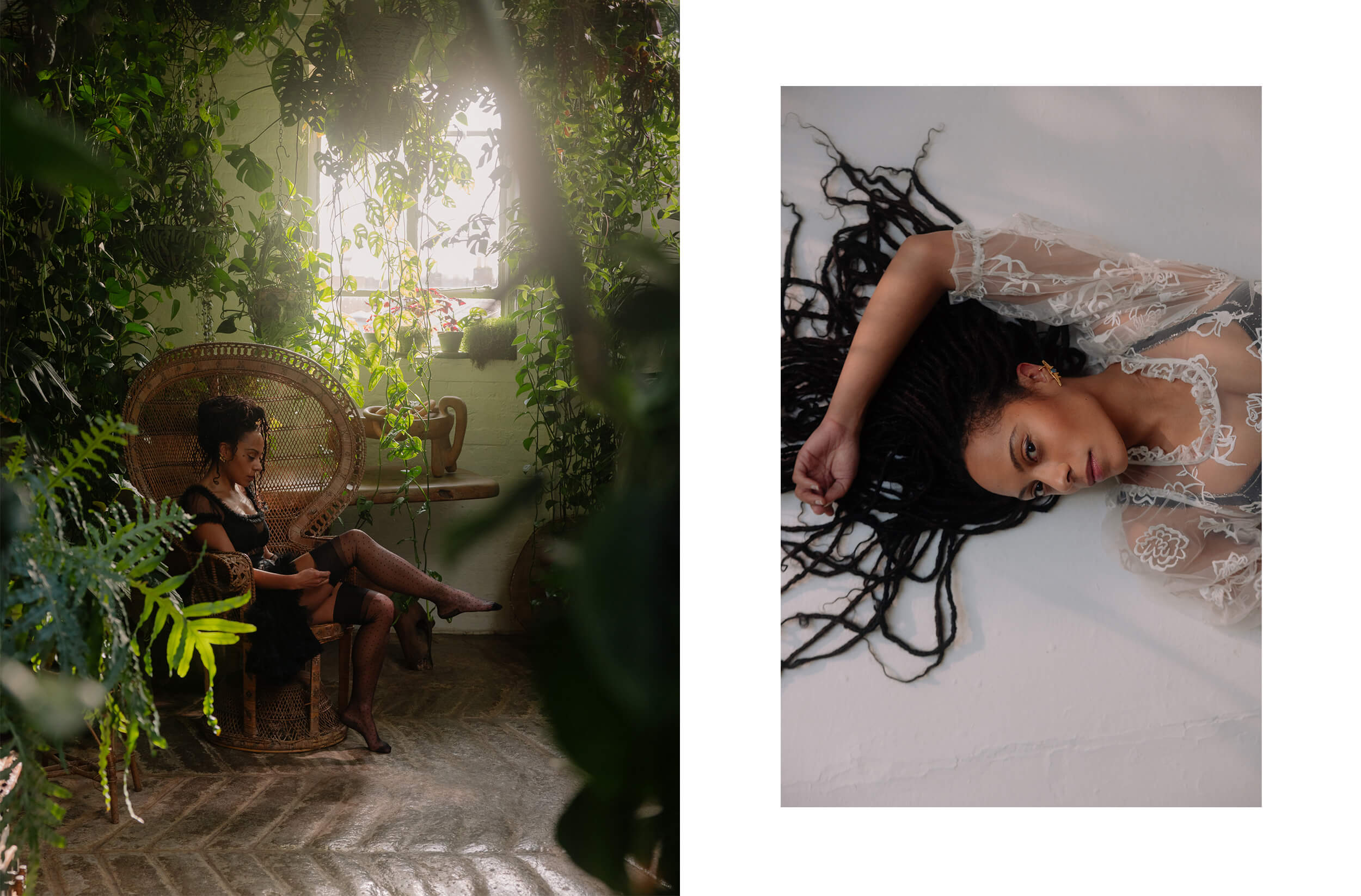




What do you think?